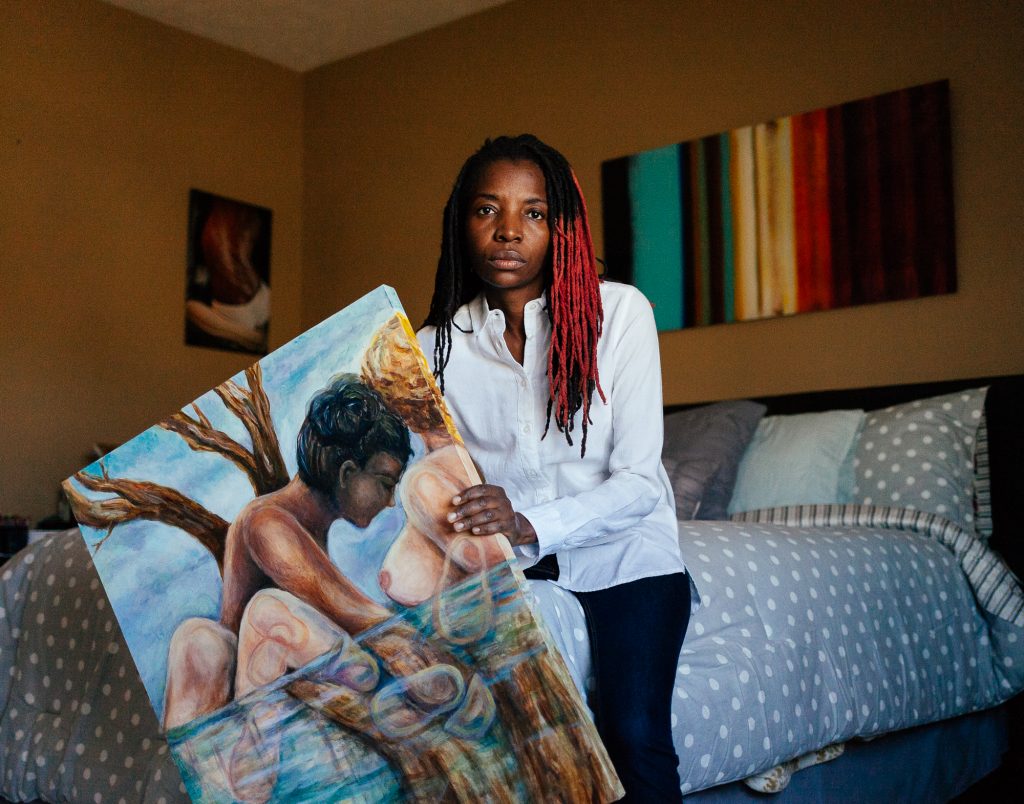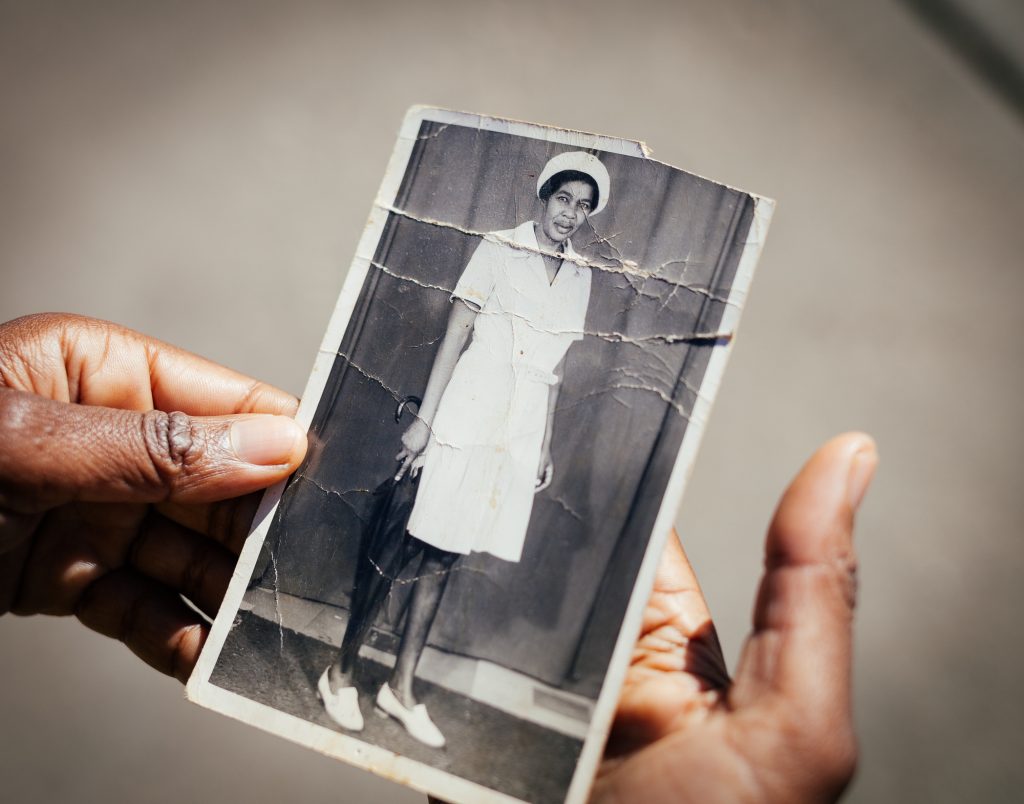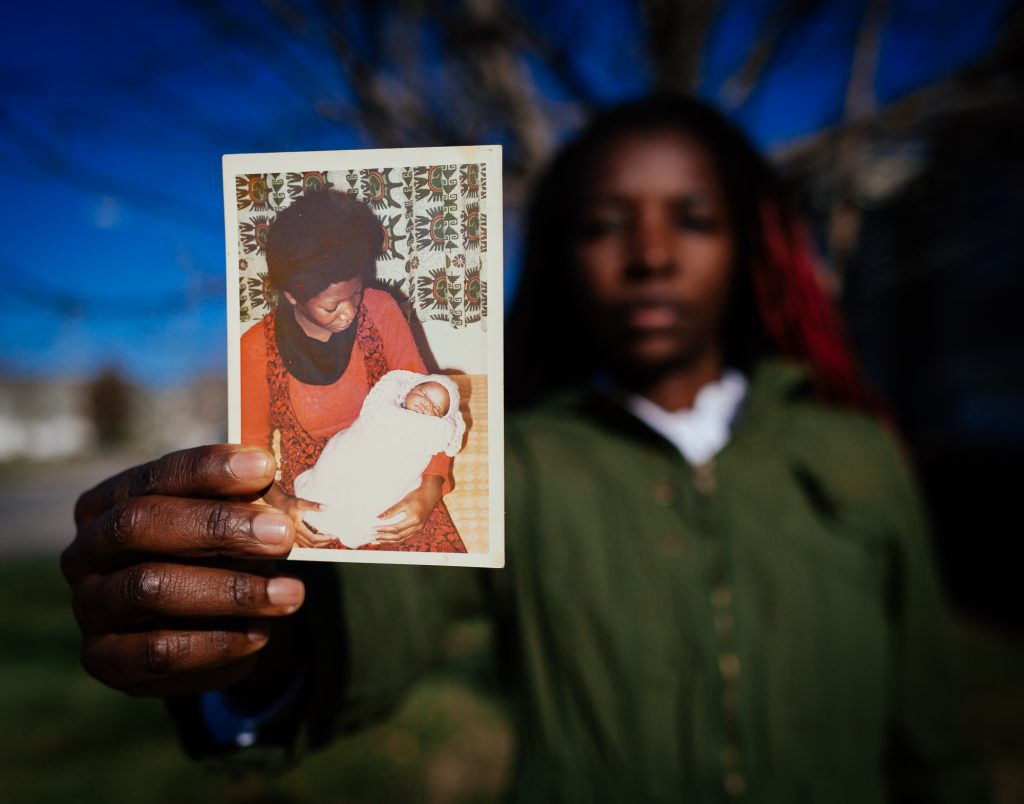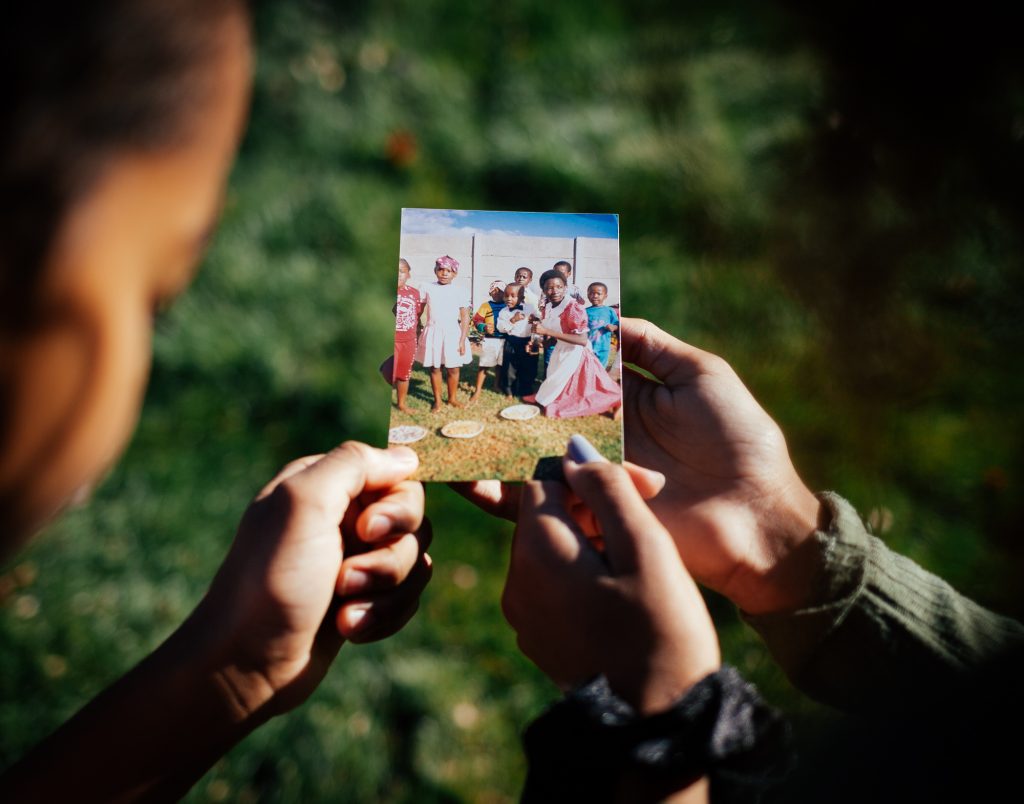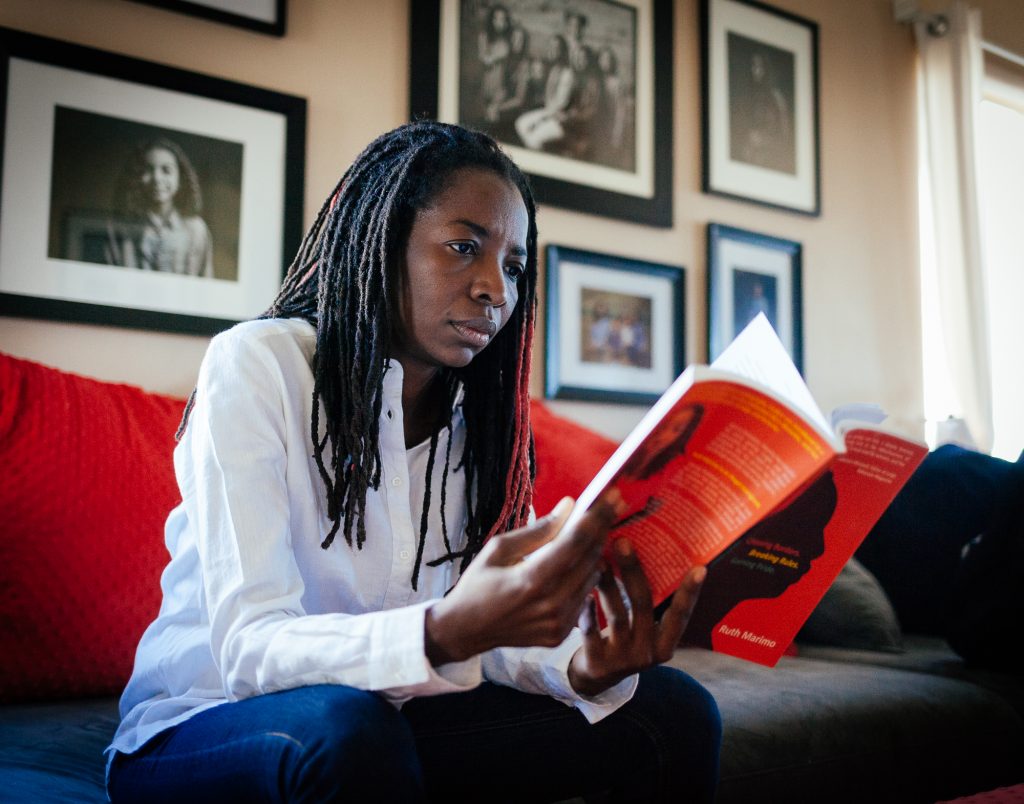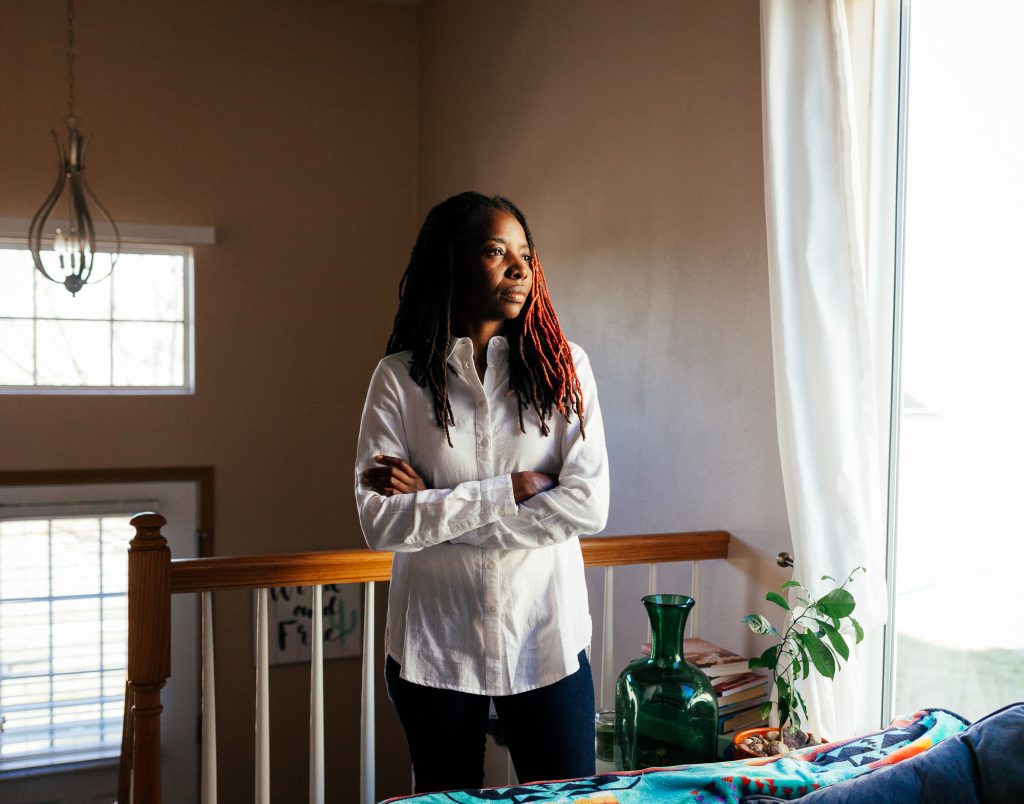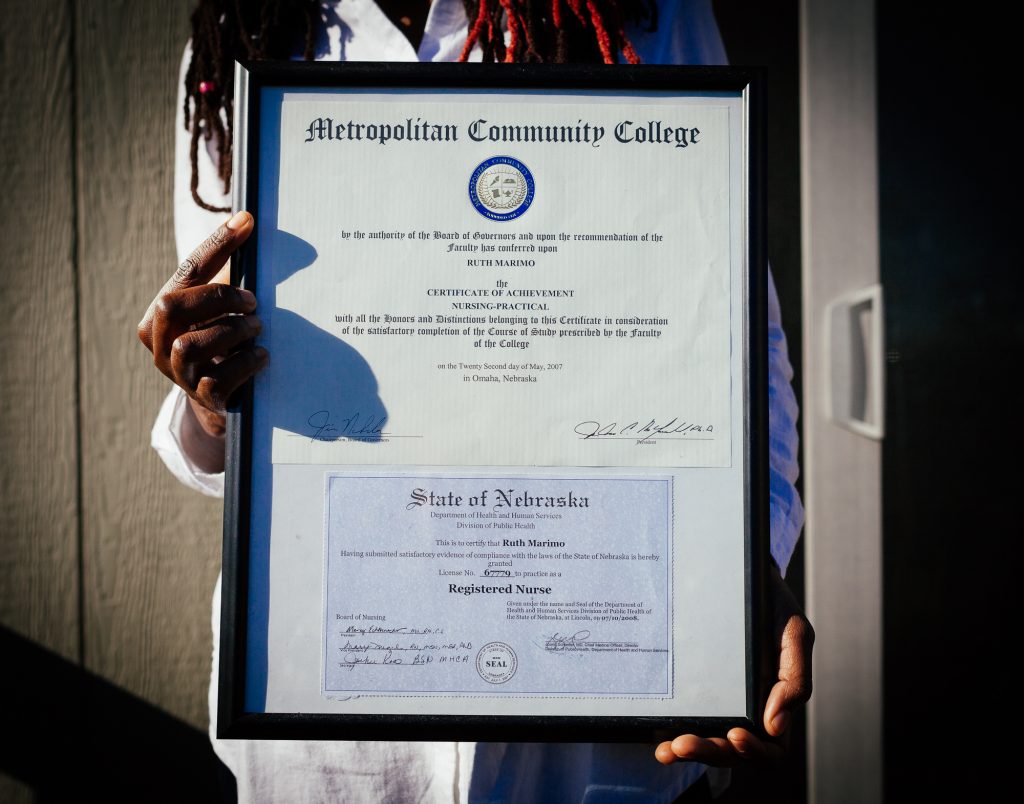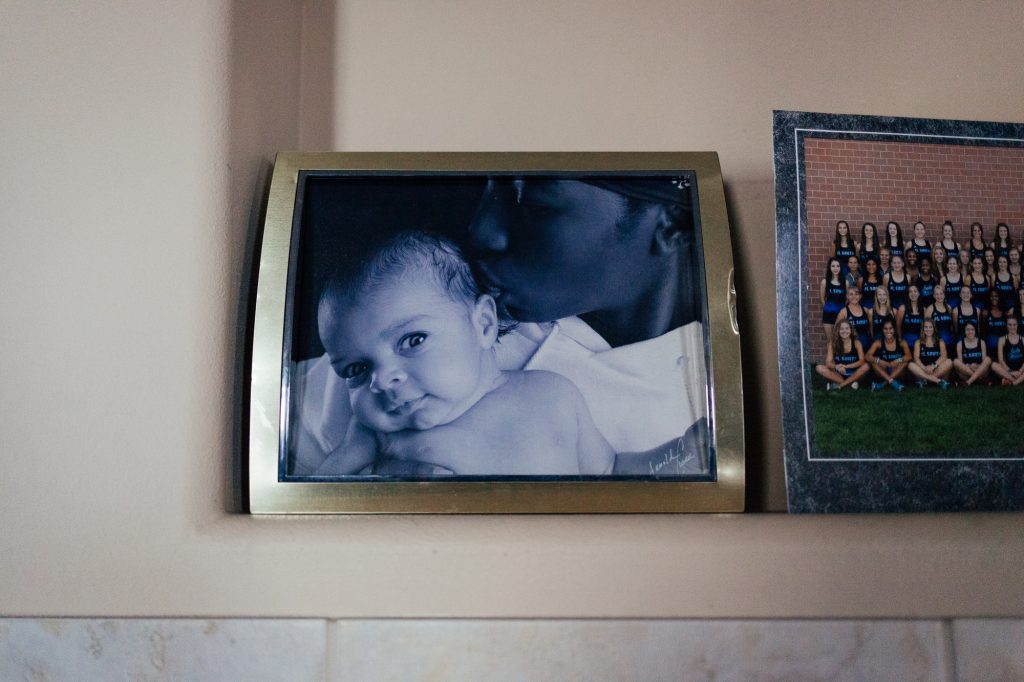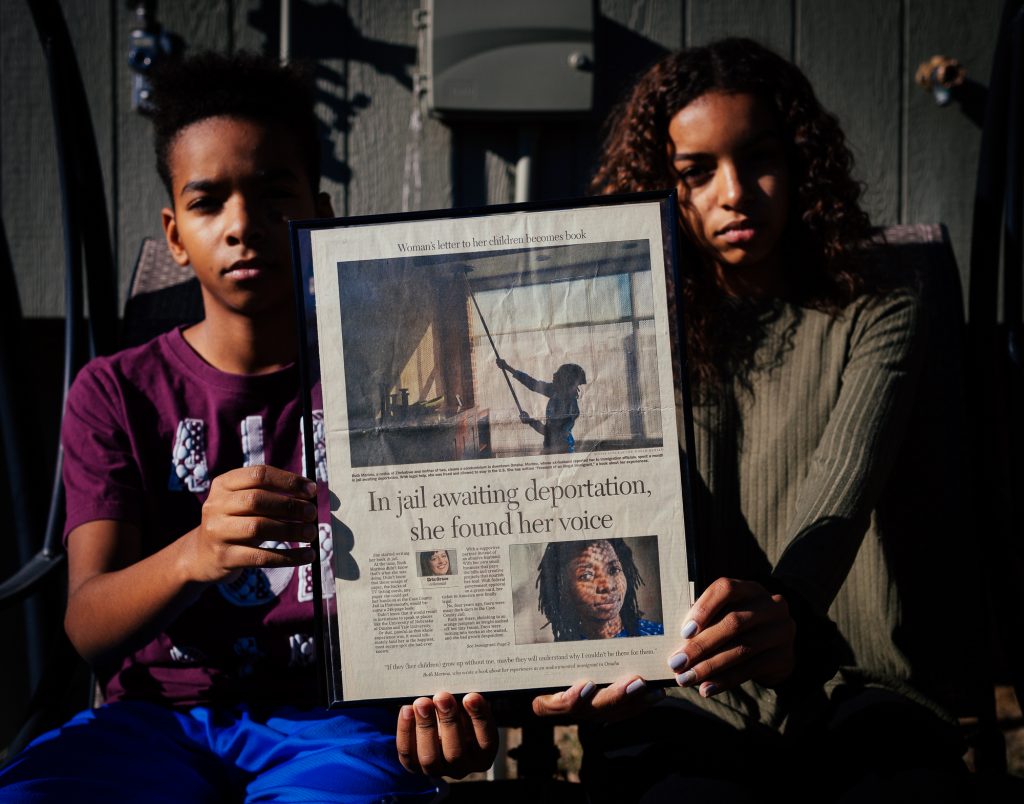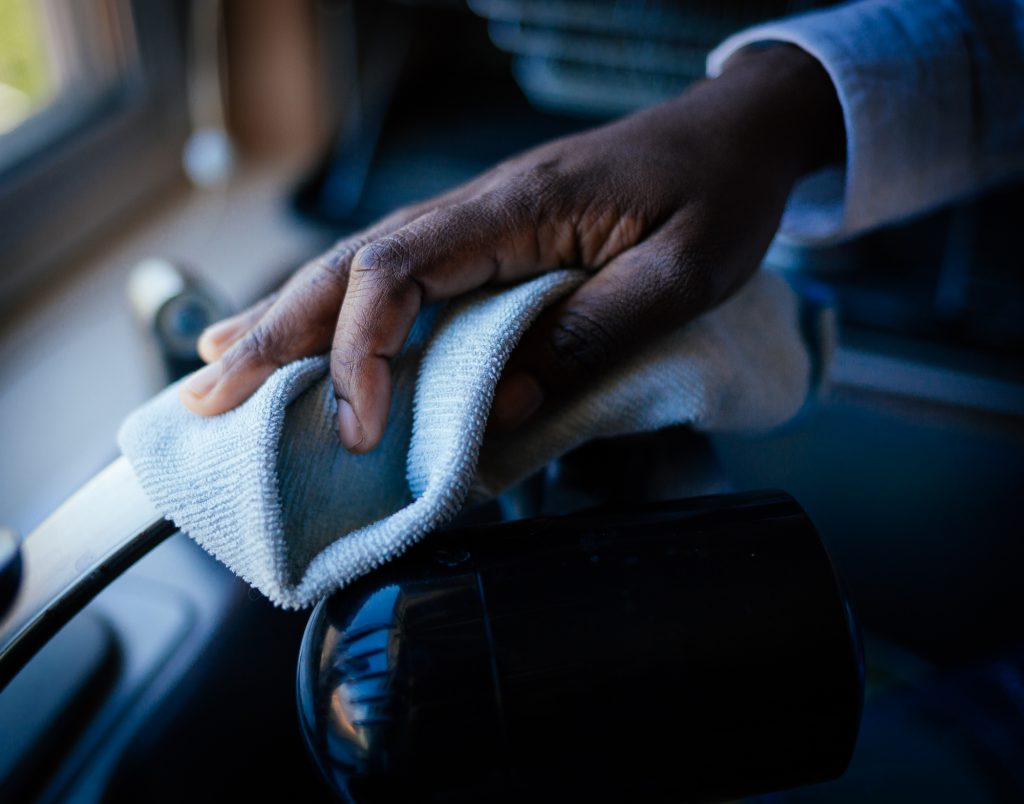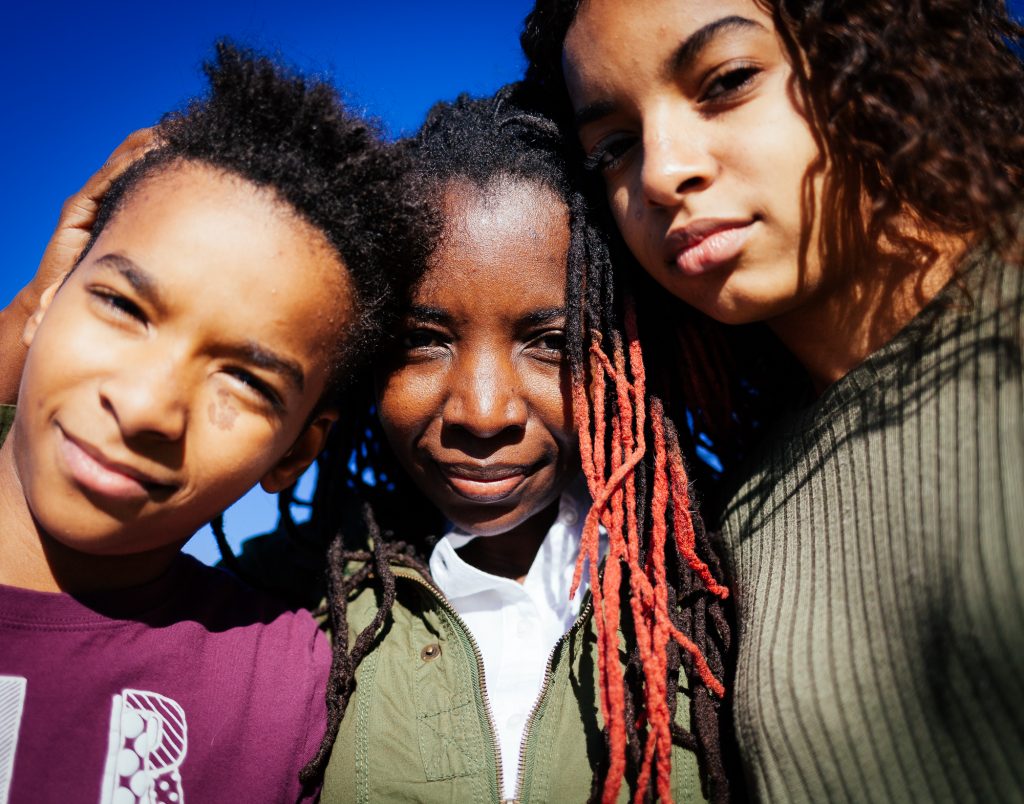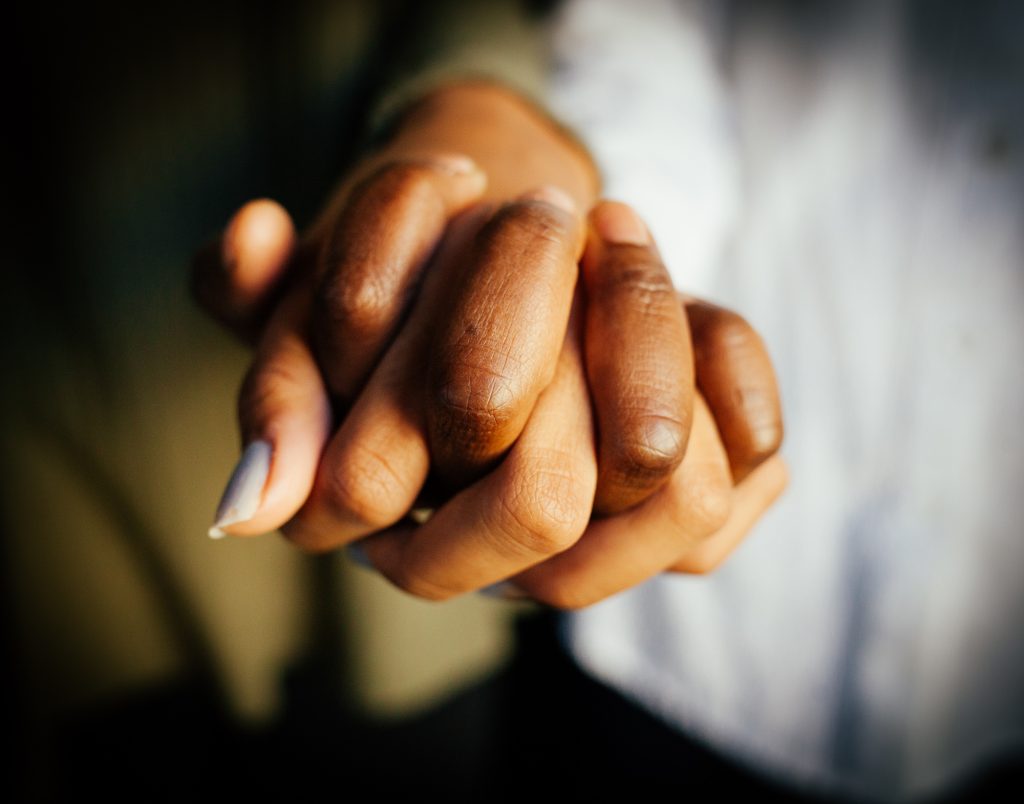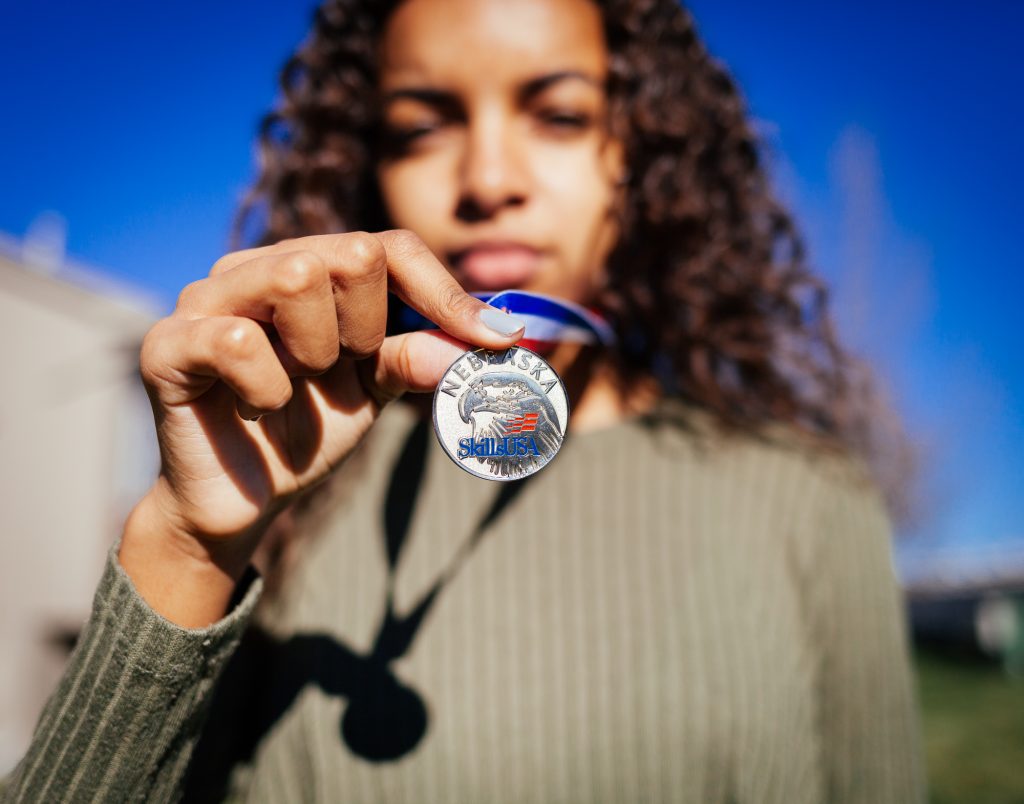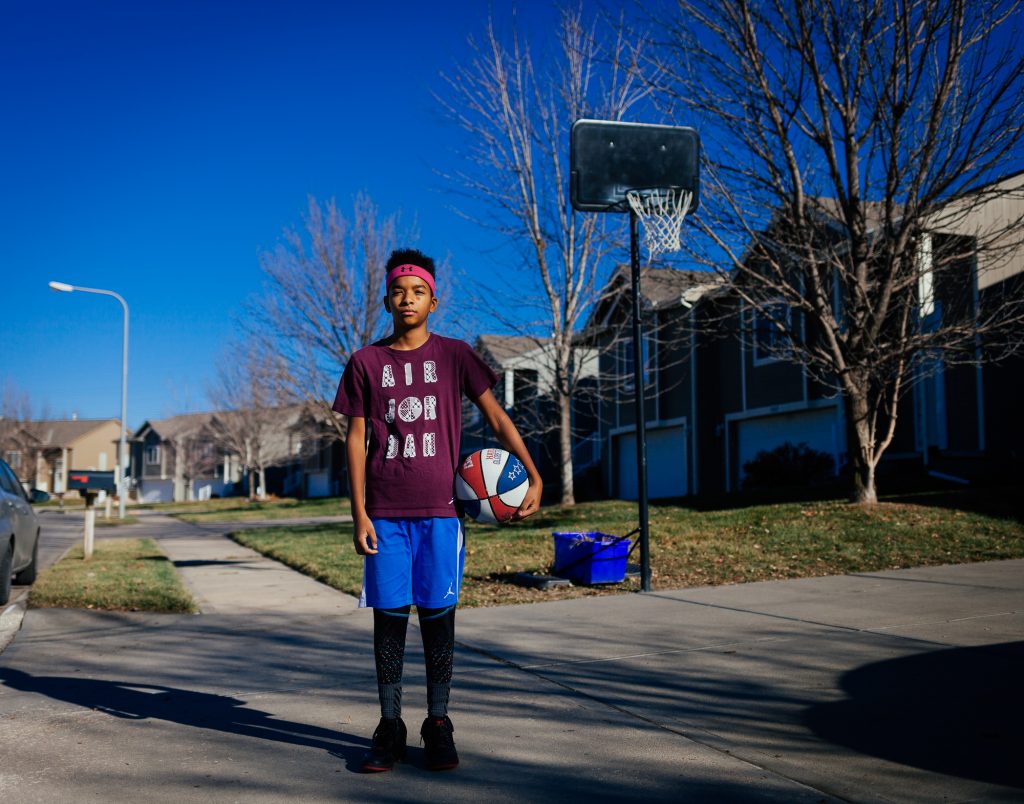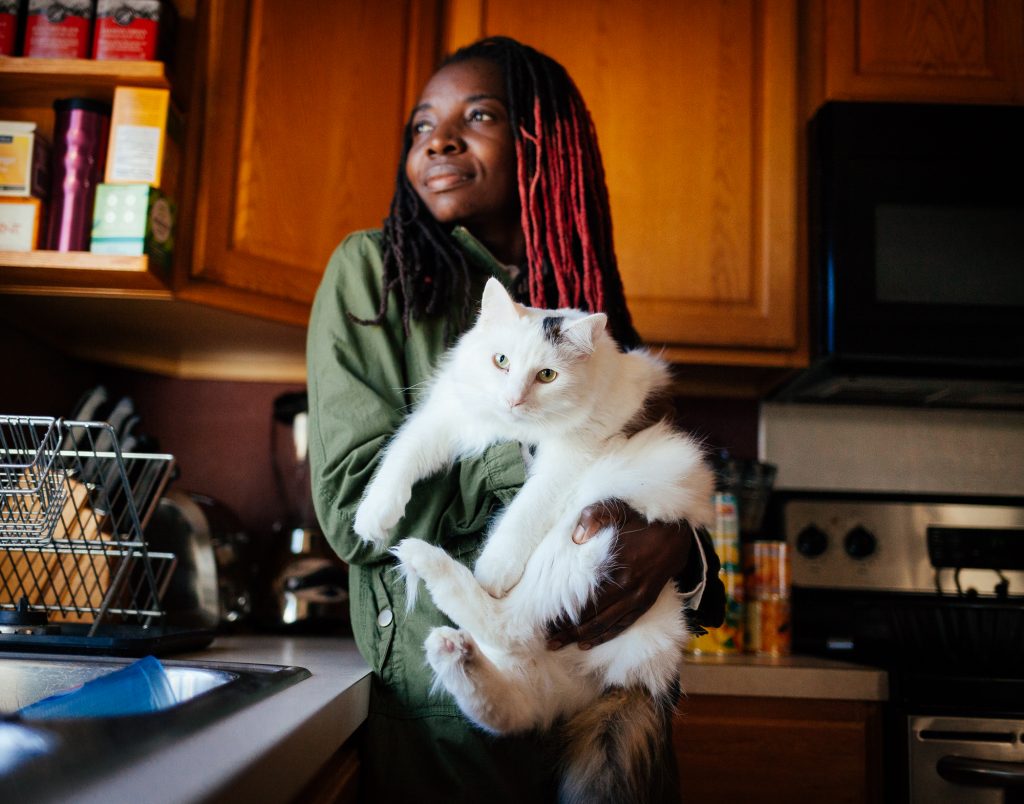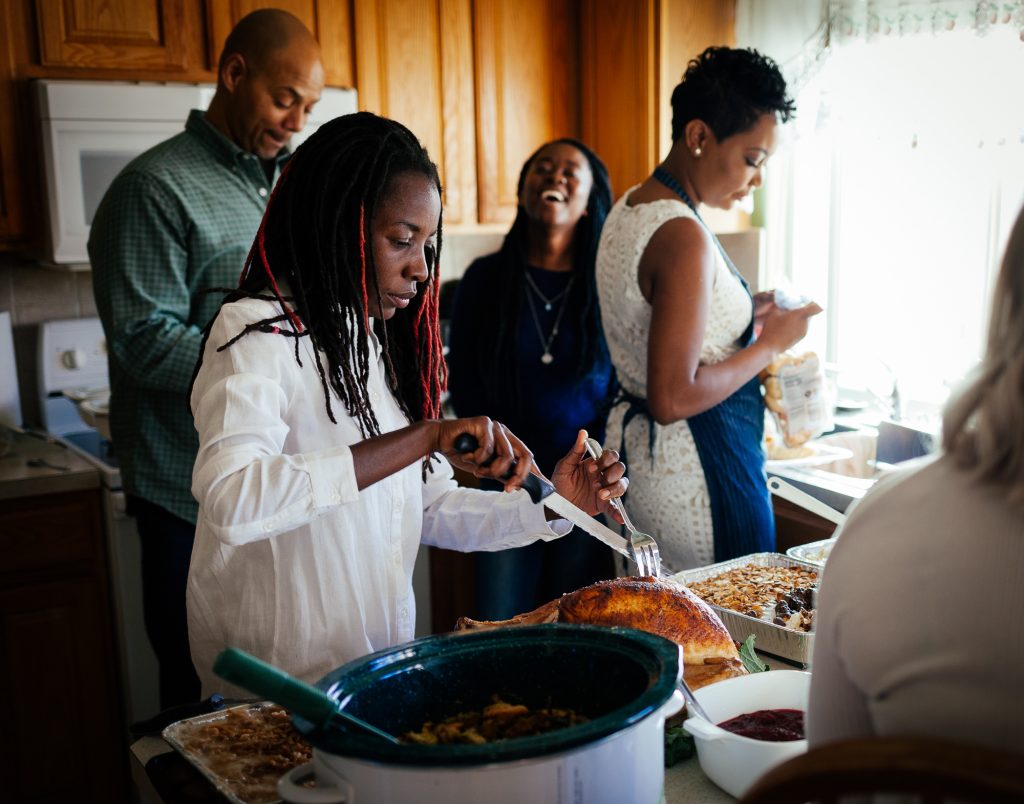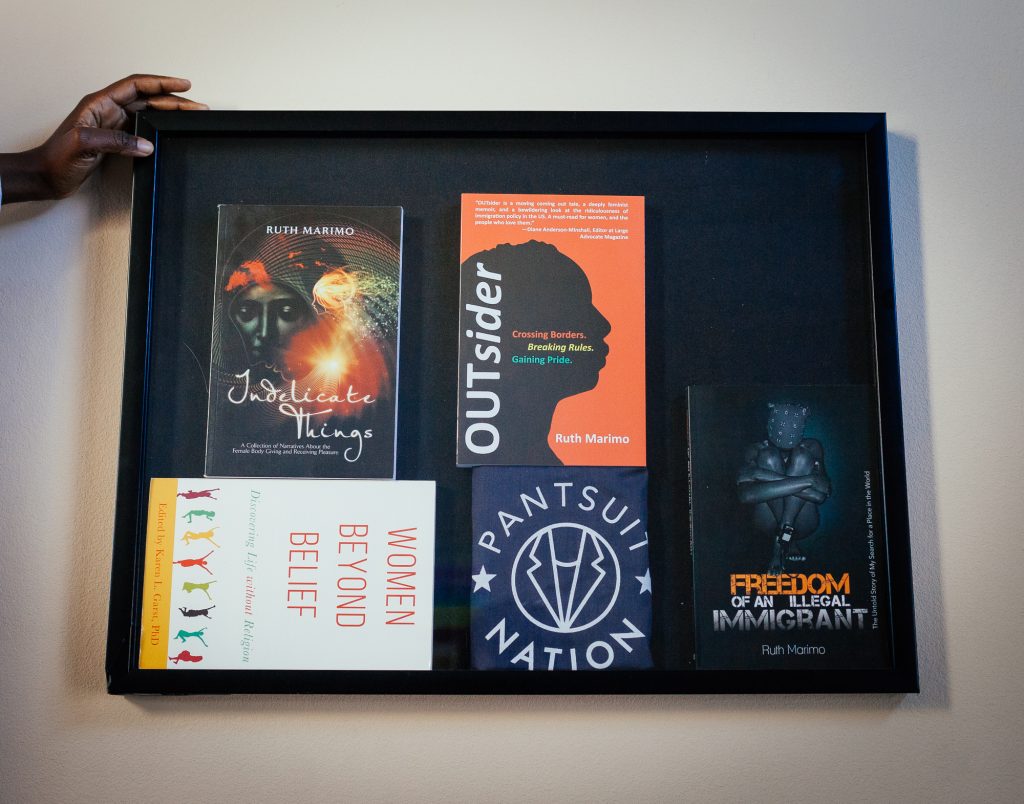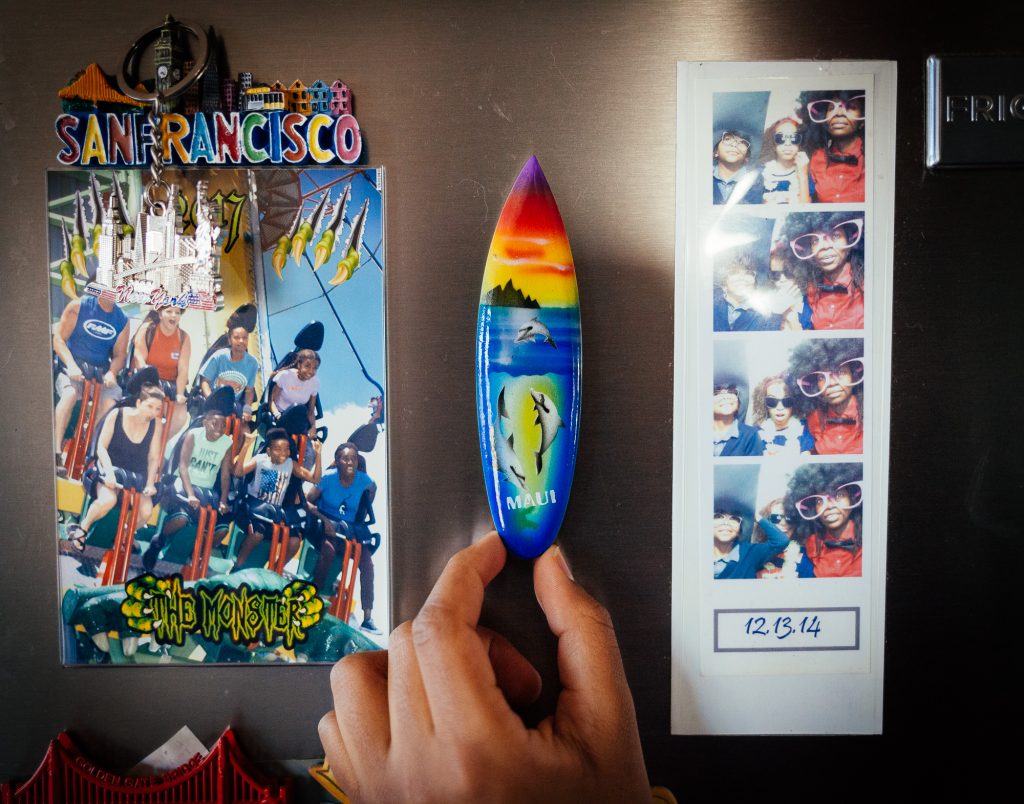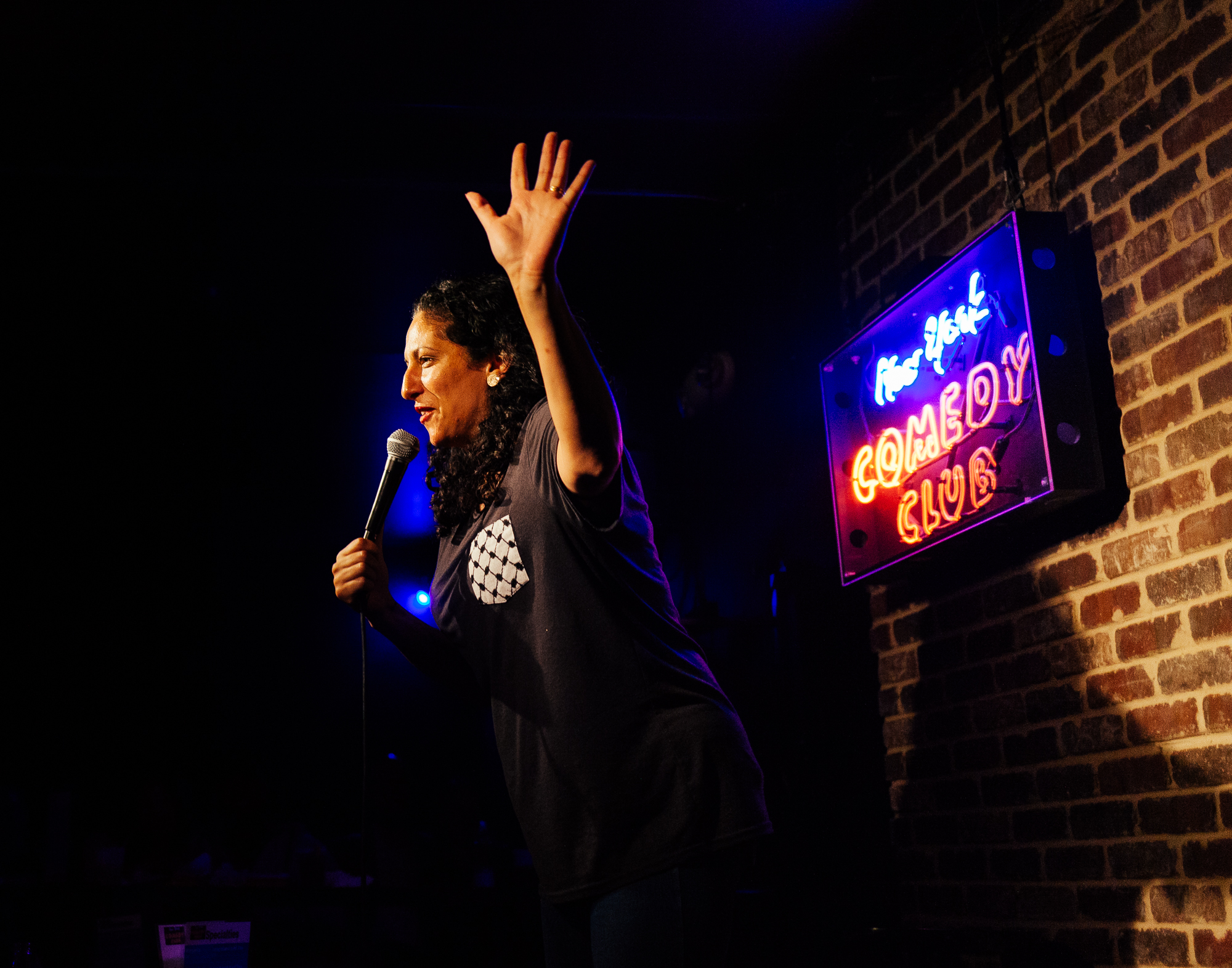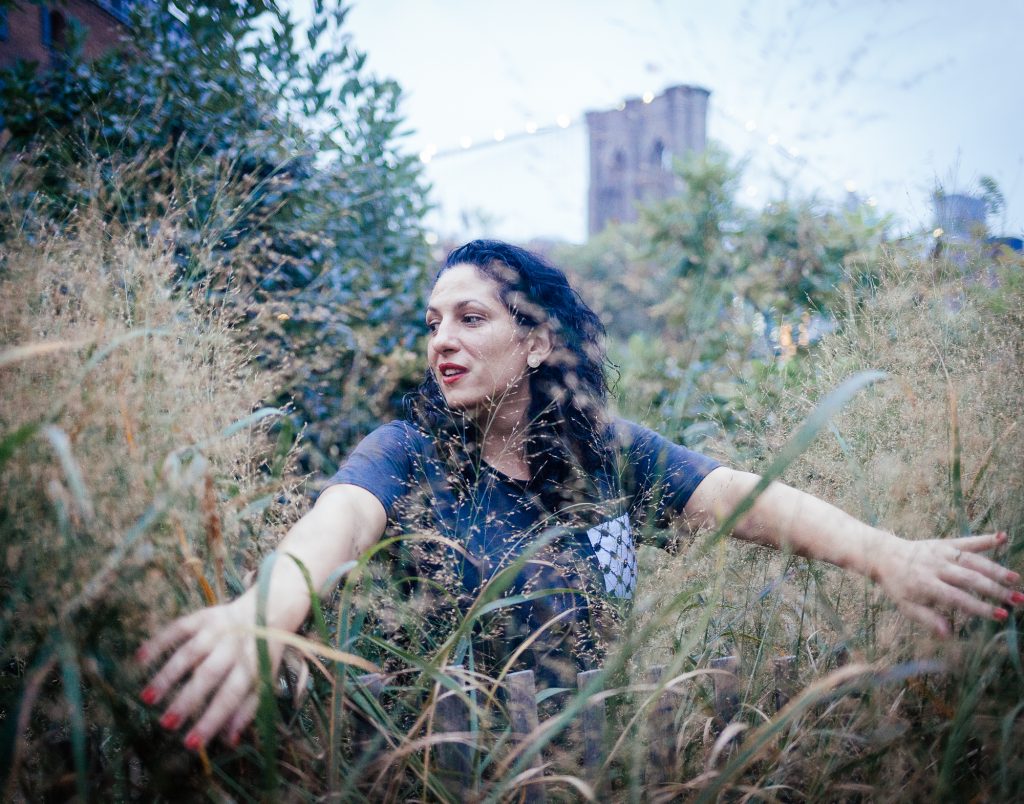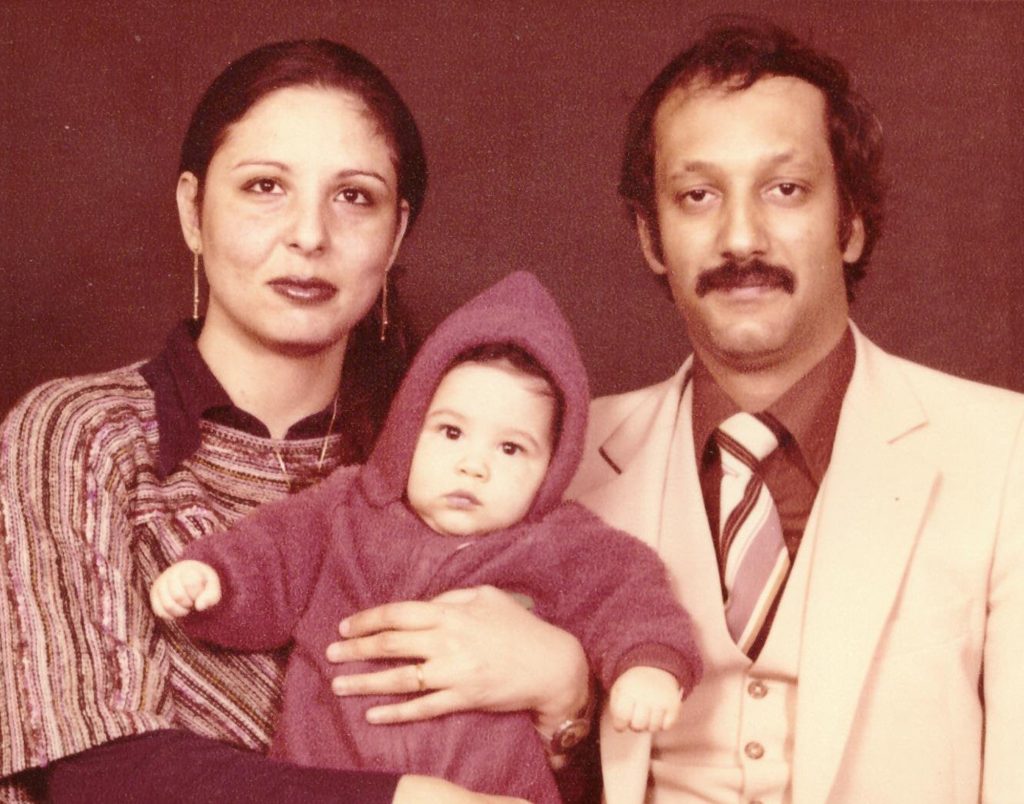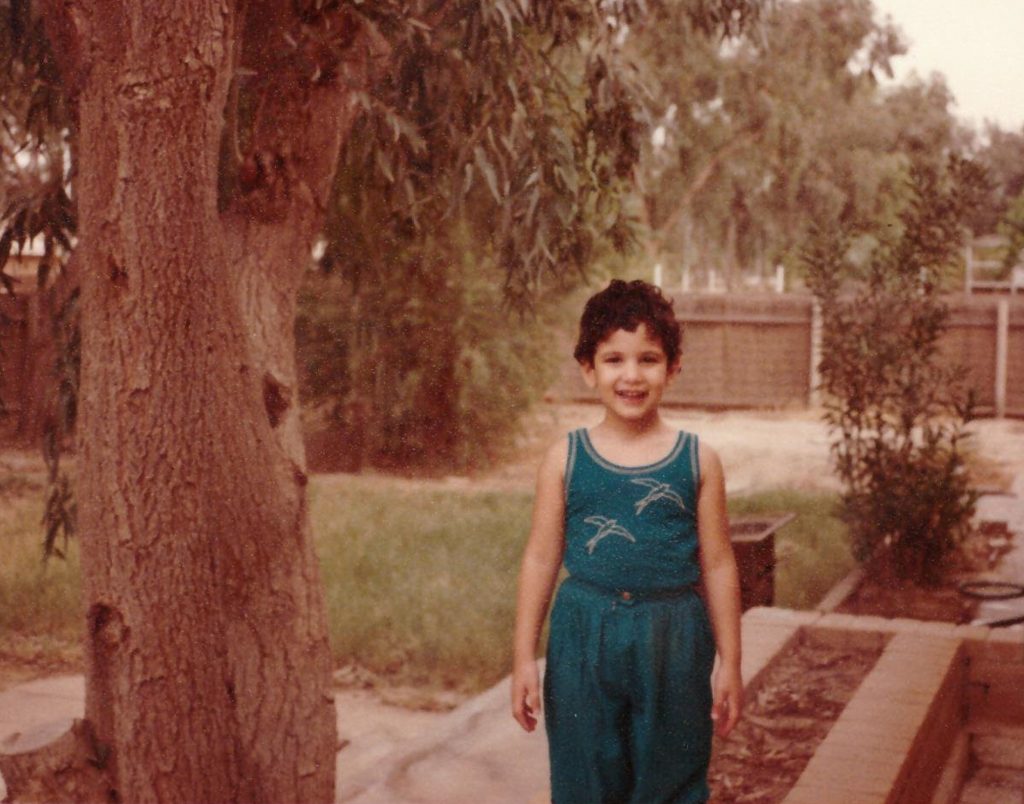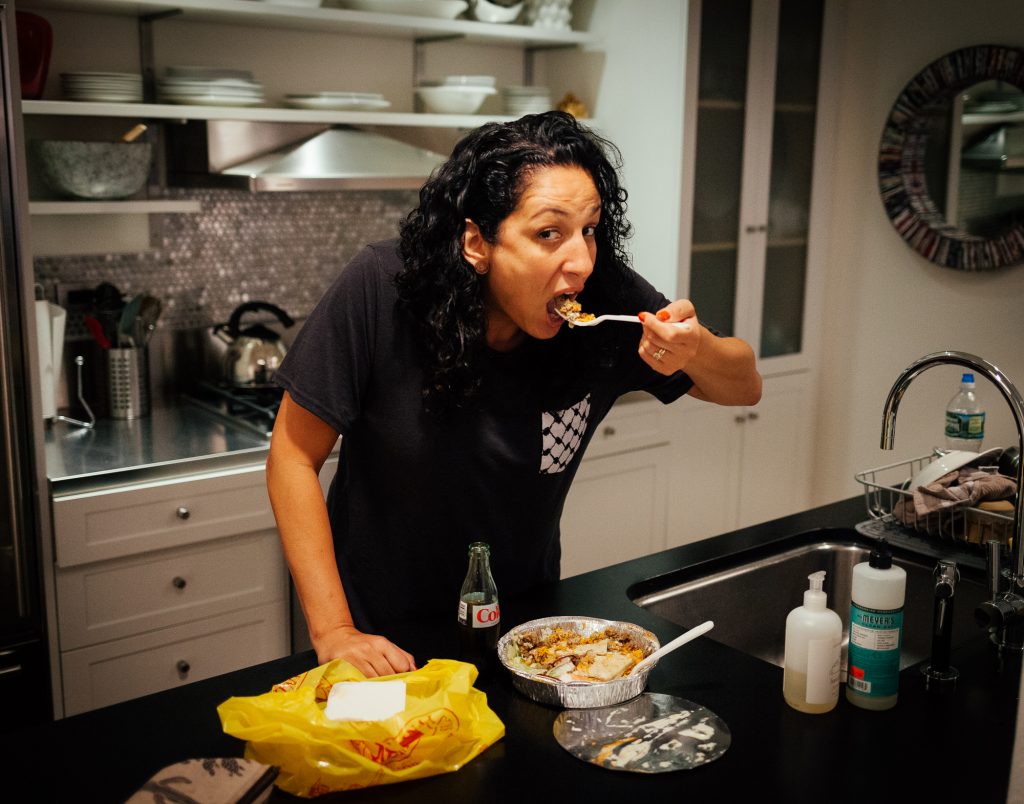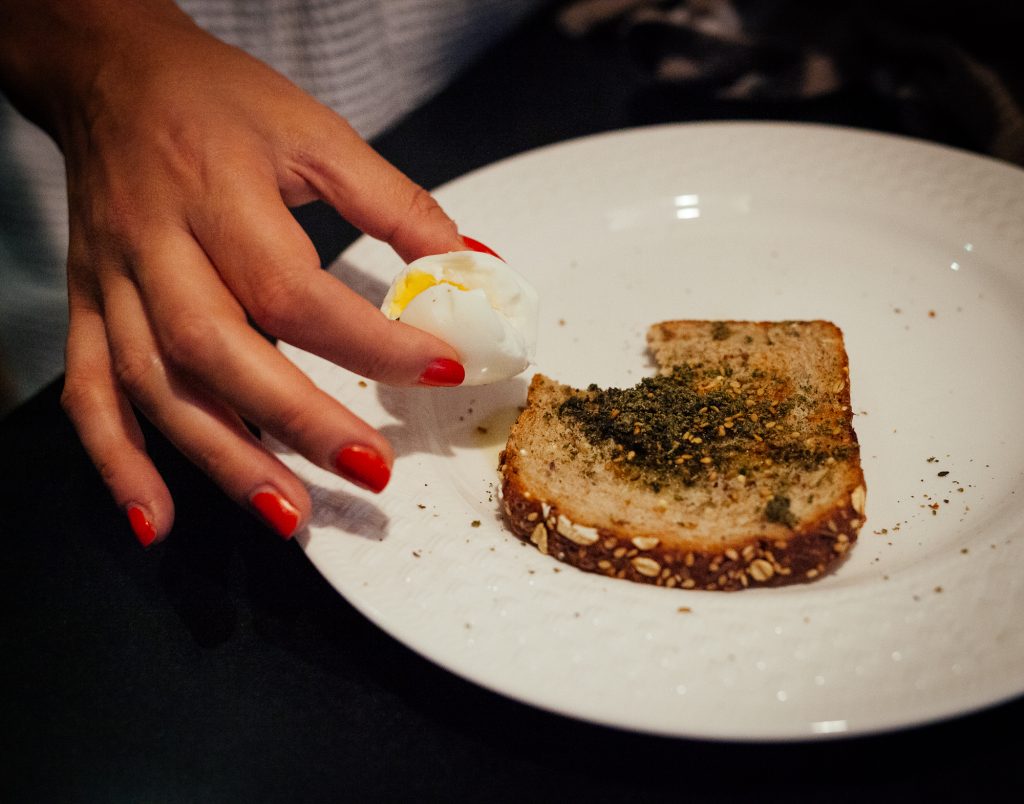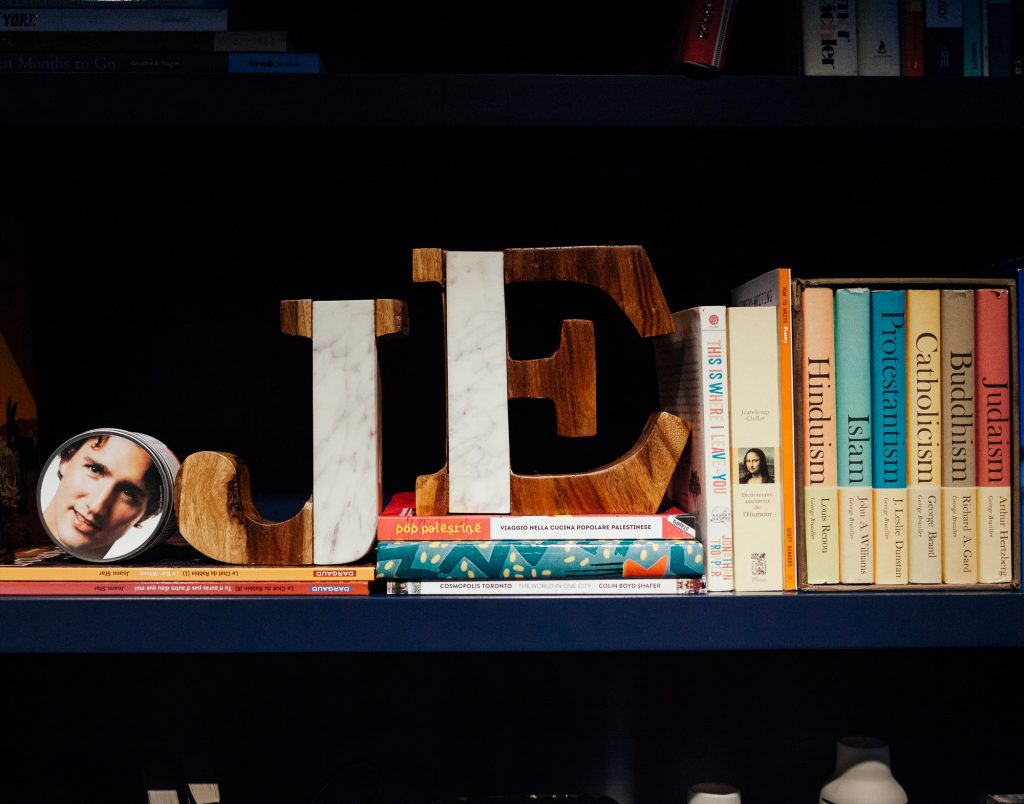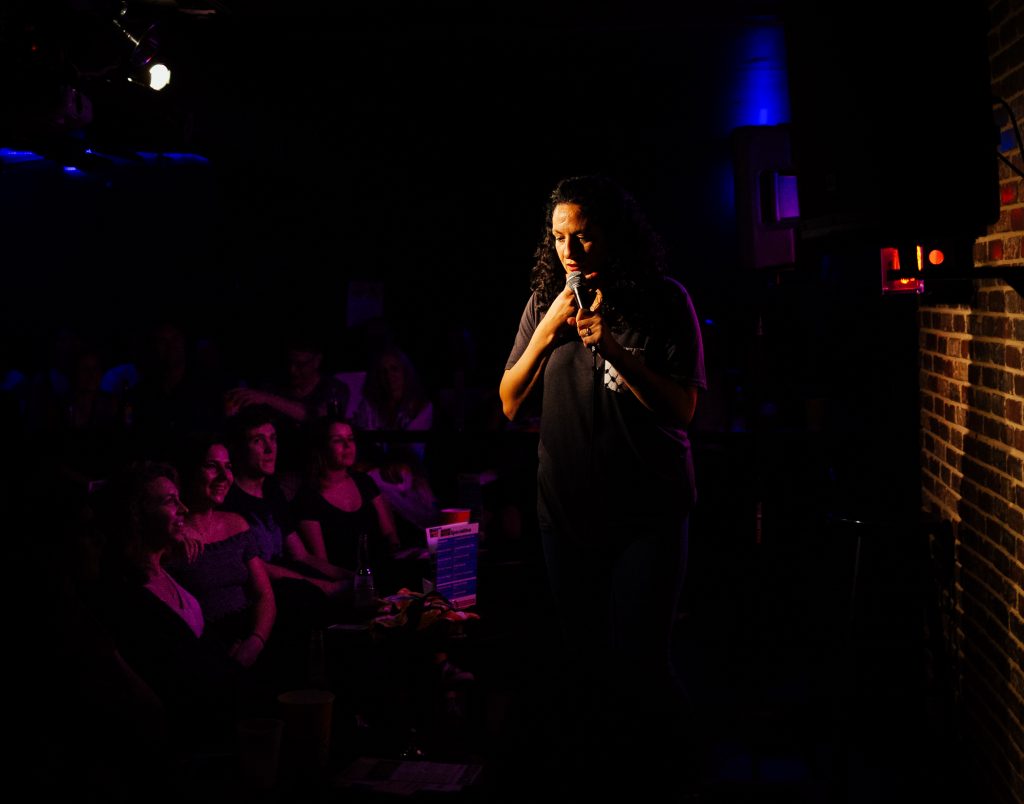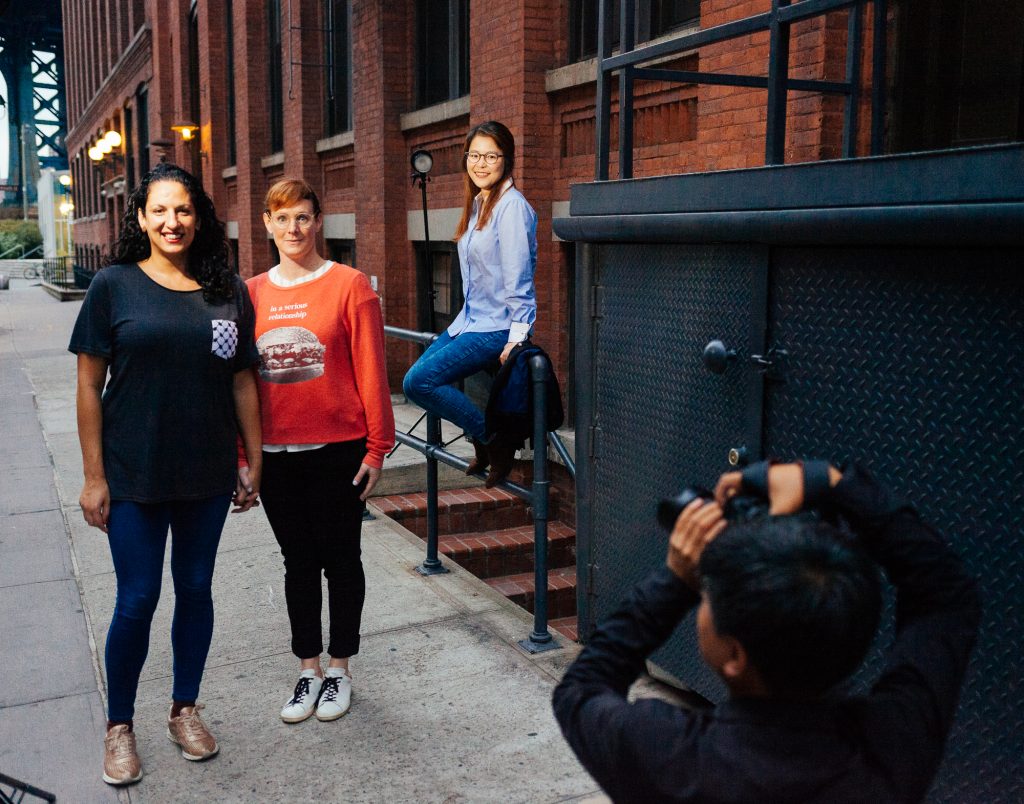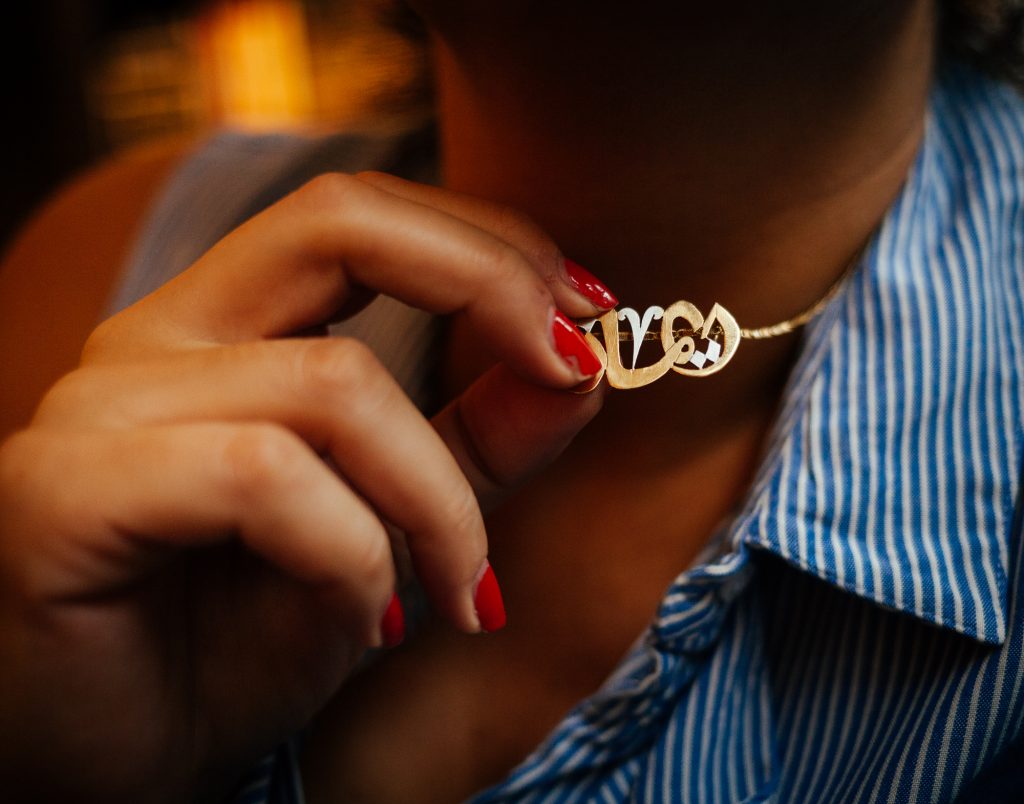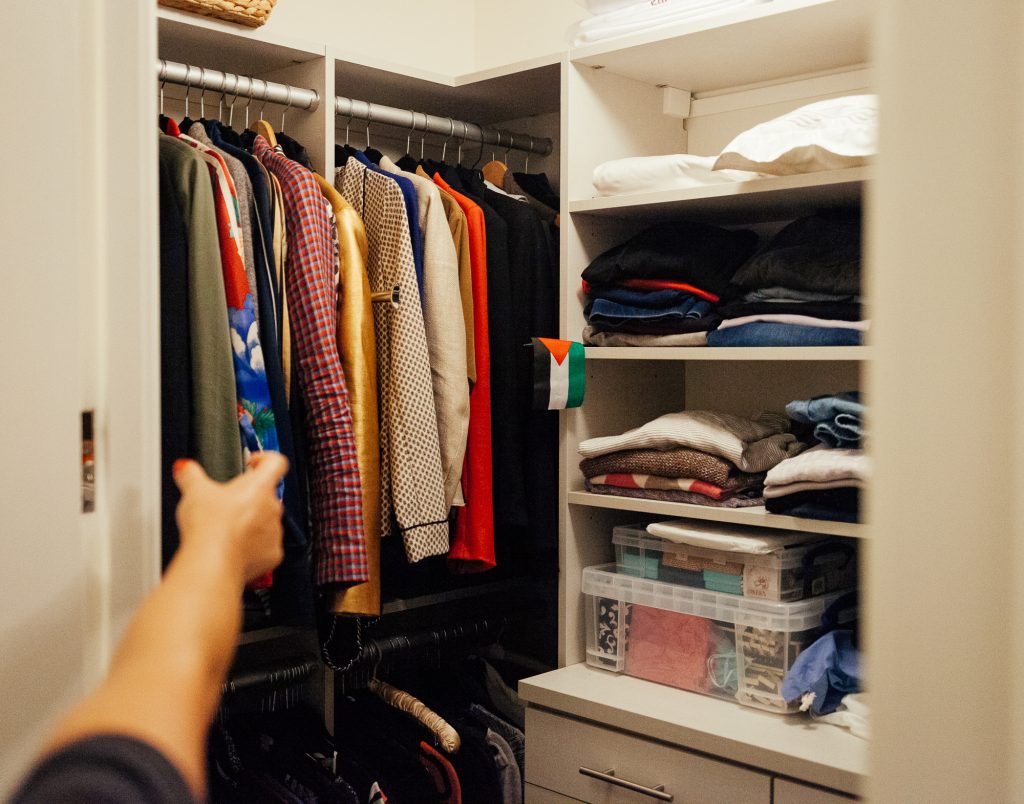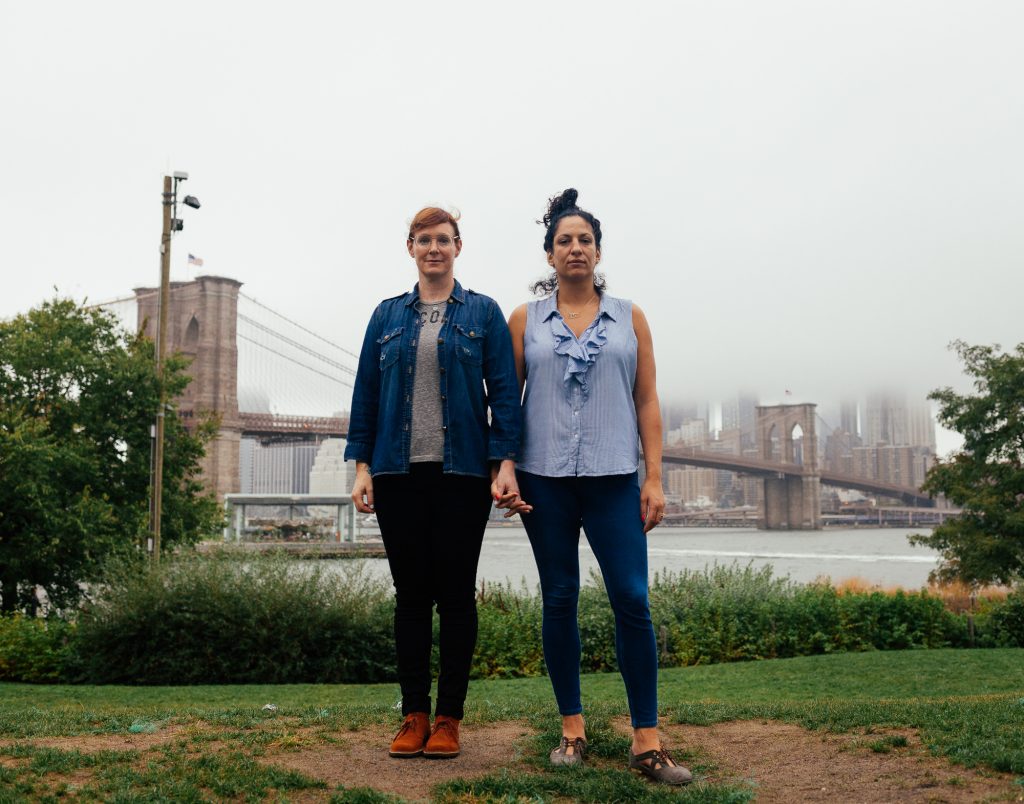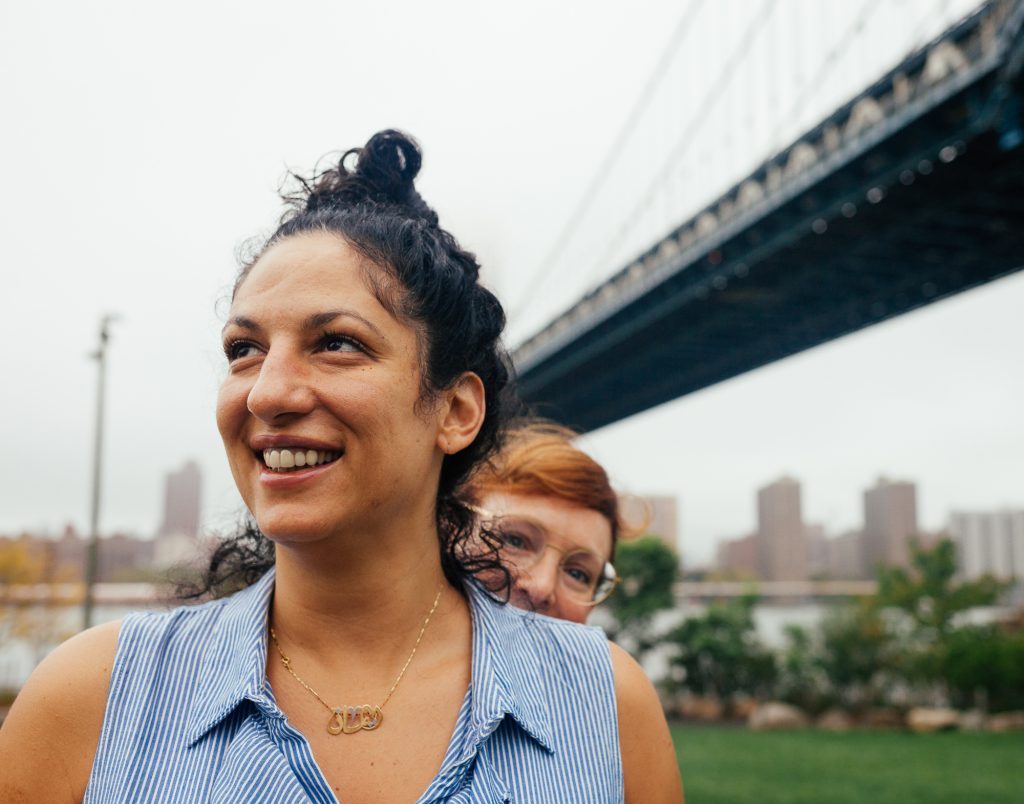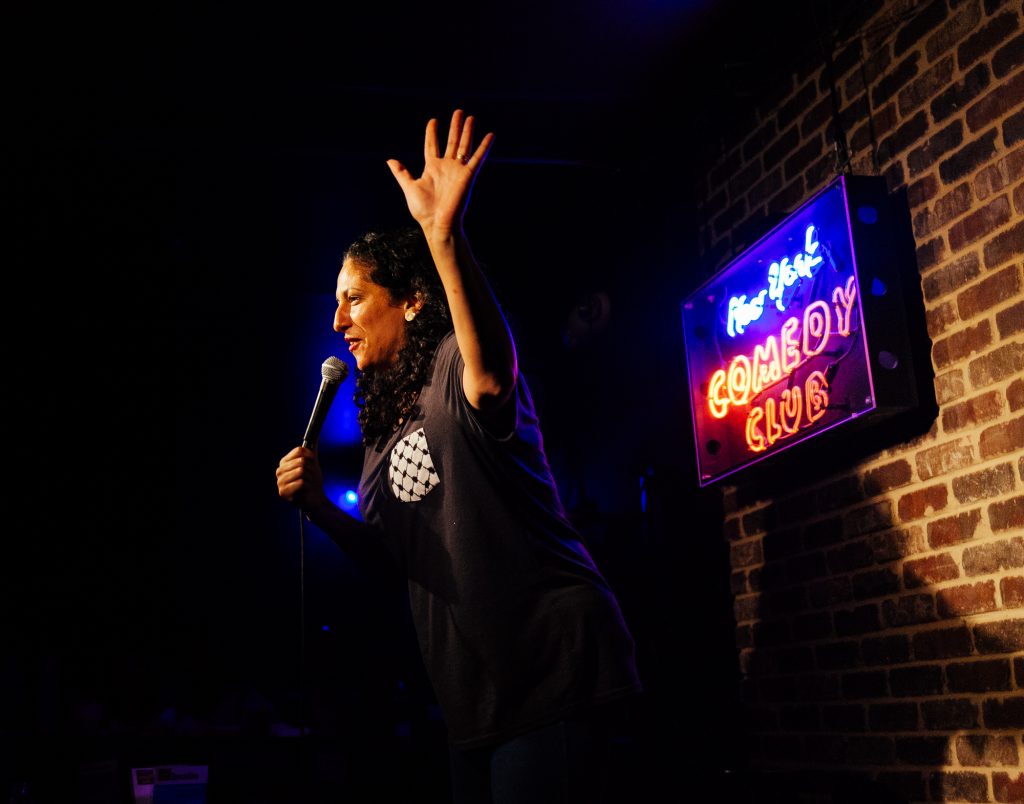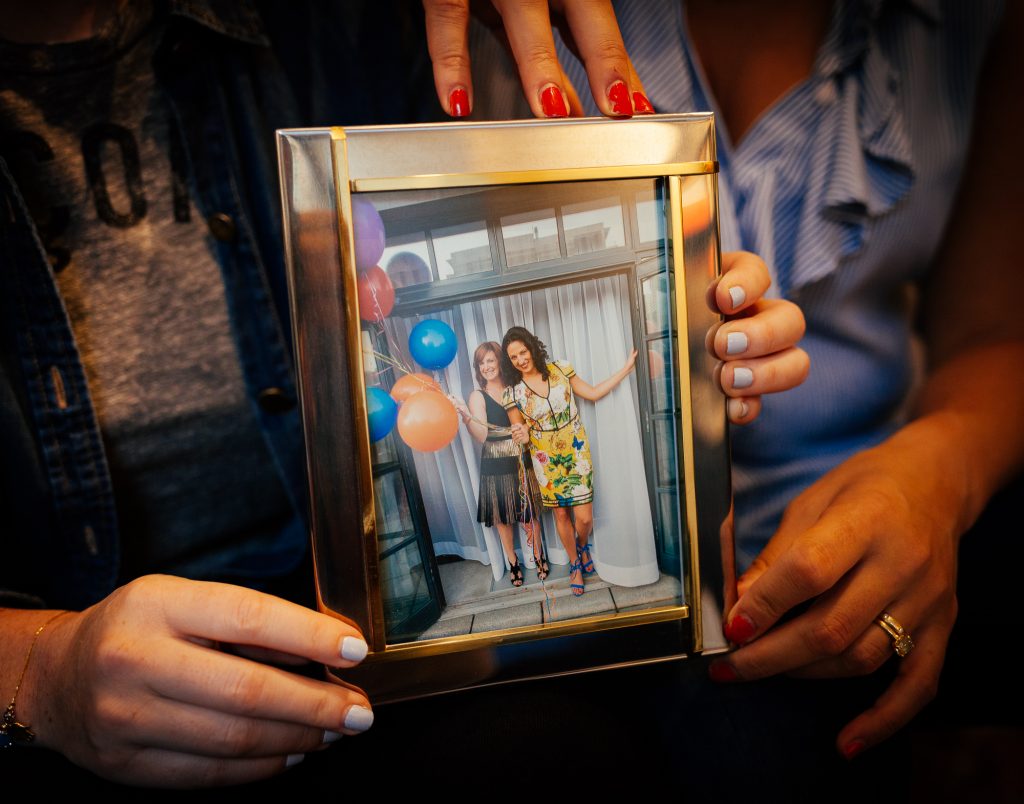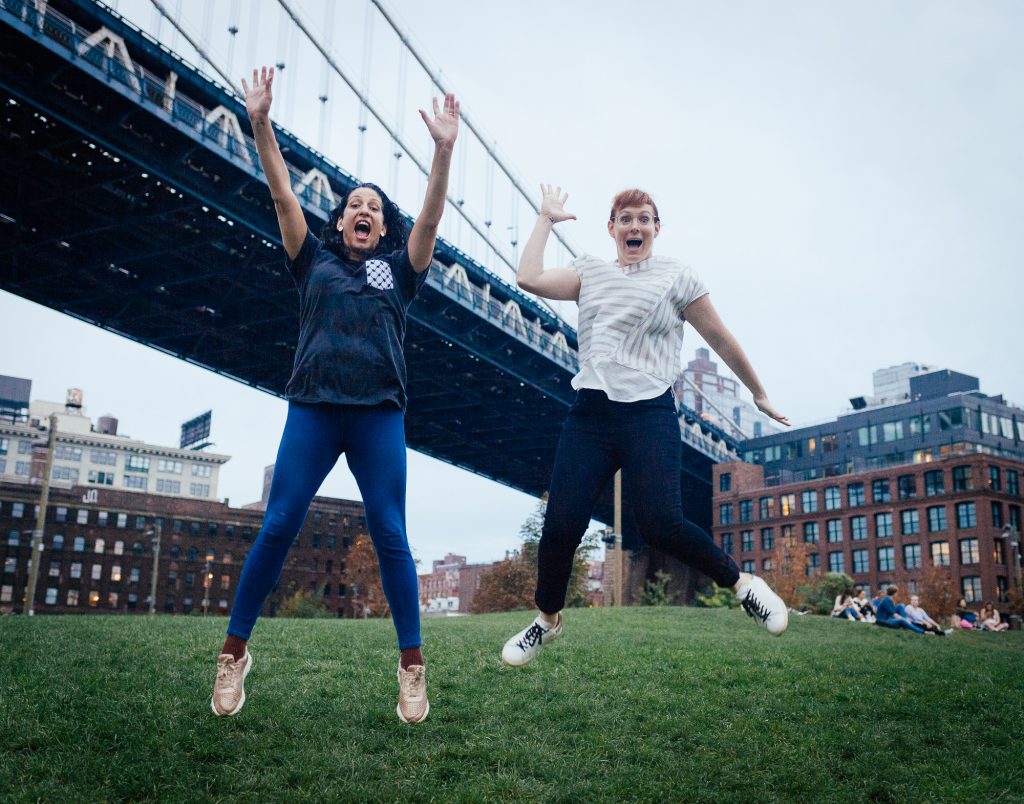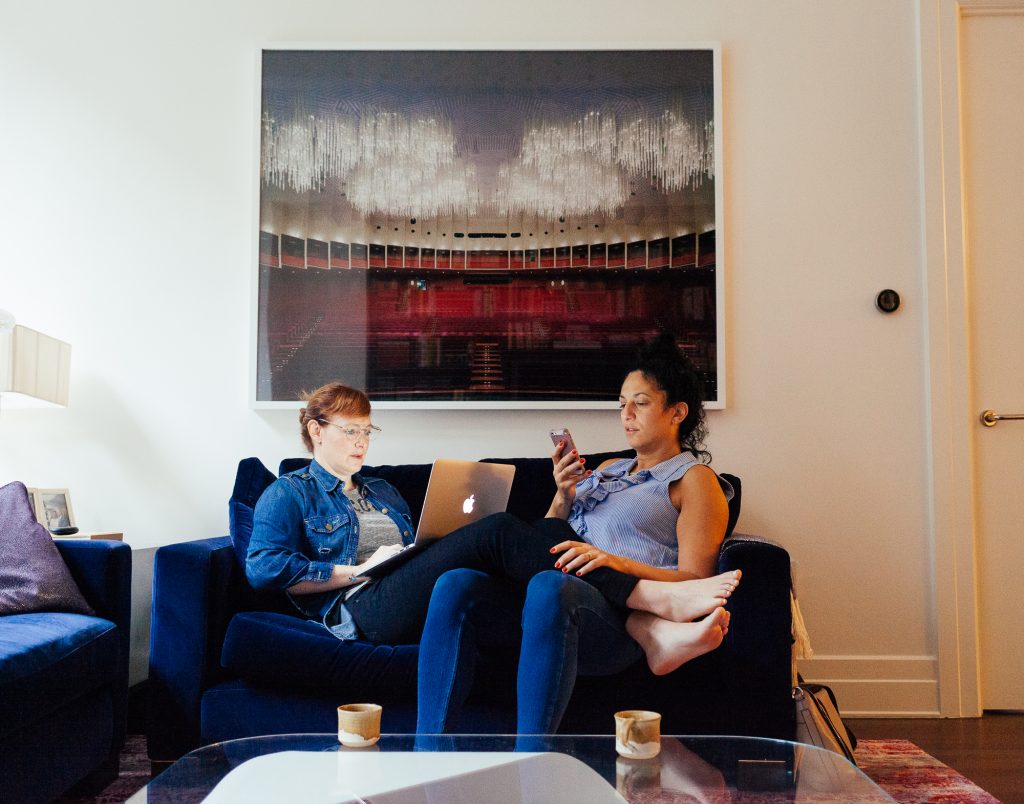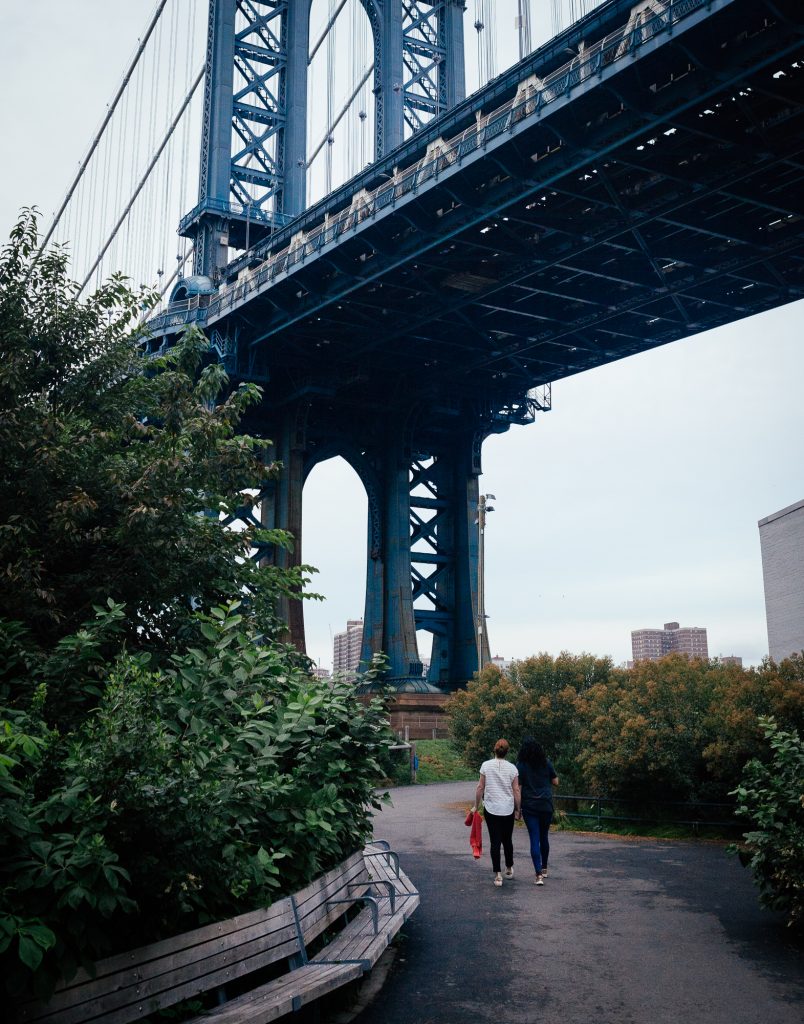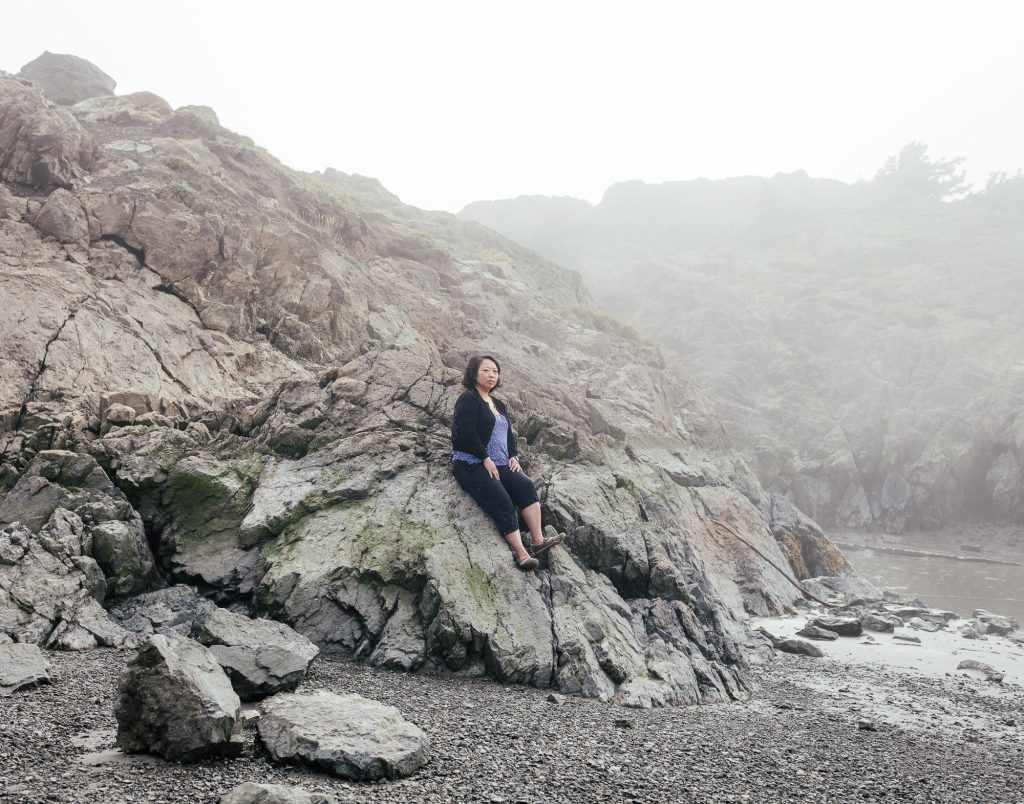
Family History
Chompoo’s grandparents arrived in Thailand as refugees from China in the early 1930s. The story Chompoo grew up hearing is that they came with “one pillow and one mat.” Her grandparents arrived in the north of Thailand, worked in agriculture, and that is where Chompoo’s mother was born – the youngest in a family of four children and the only one born in Thailand. When WWII started, the family moved to Thailand’s capital city, Bangkok.
Chompoo’s mother was working at a hair salon in Bangkok when her father spotted her. He started regularly visiting to get his haircut. When Chompoo’s mother opened her first restaurant, Chompoo’s father started eating there. He was persistent. Shortly after that, he asked Chompoo’s mom to marry him.
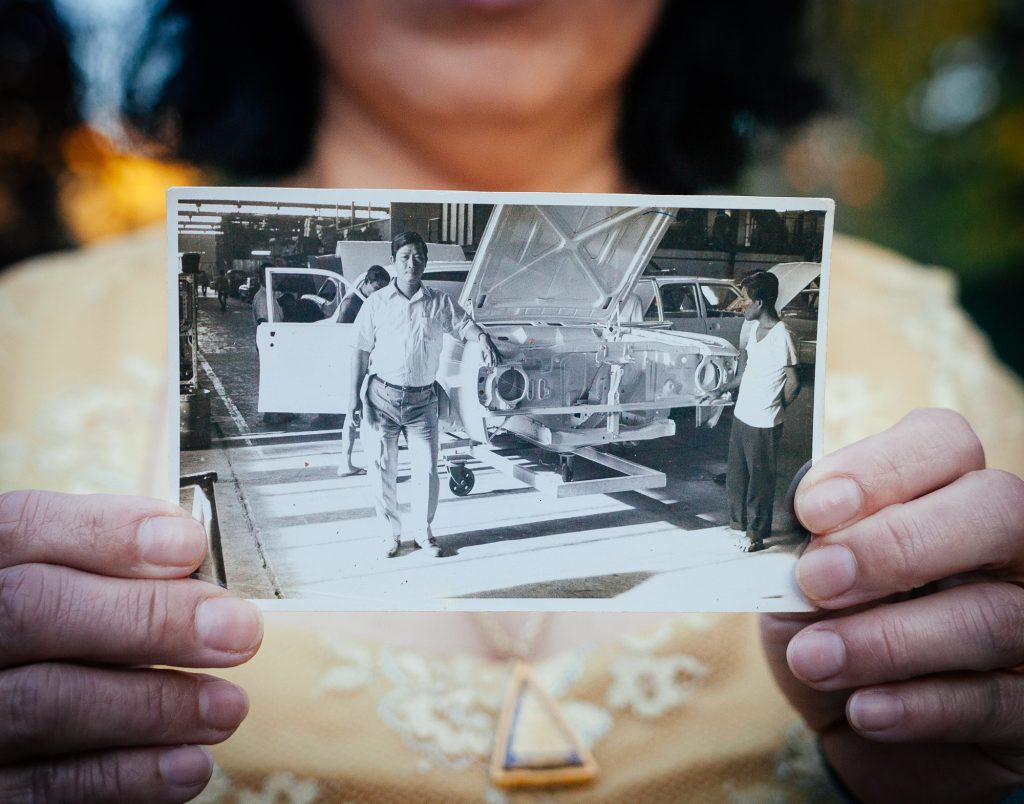
Childhood
Chompoo was born with the name Nuanta. Chompoo, her nickname, actually means rose apple (a fruit common in Southeast Asia) and it’s the name she goes by in the US. In Thailand, her father worked as a mechanic for Ford Motors, and after work, he would help her mother with the restaurant. Chompoo says they “worked hard and were fighters” but neither of them had much education.
“My parents didn’t have a lot of money, but the treasure that they gave to their children is education. That is something you can have until you die.” (audio below)
A significant event in Chompoo’s early memories was when her father became a Buddhist monk. She was seven years old, and Chompoo remembers helping shave his head as part of the ceremony [see the photo below]. Despite being exciting, this meant that her father would be away from the family for three months and Chompoo couldn’t touch him since women are not supposed to touch monks.
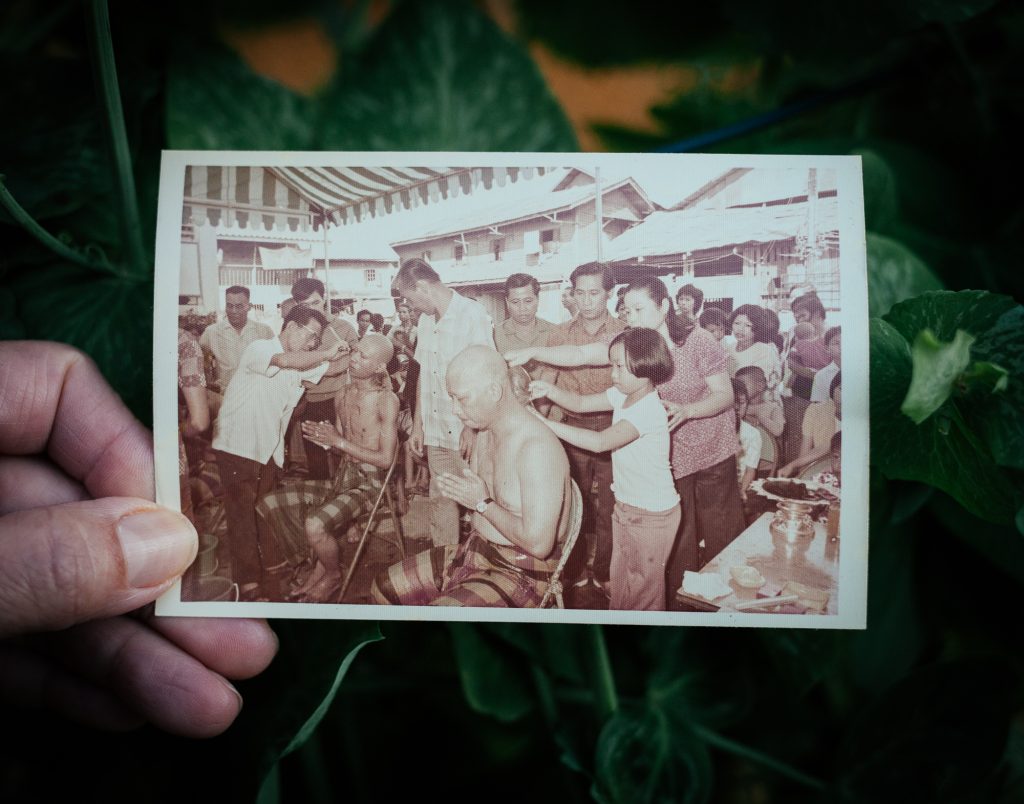
Restaurateurs
Her mother started two restaurants – one fast food and one fine dining called “Guarantee” – which started small and grew to almost forty employees. They served recipes passed down by their ancestors. Chompoo and all of her siblings learned to cook from their mother.
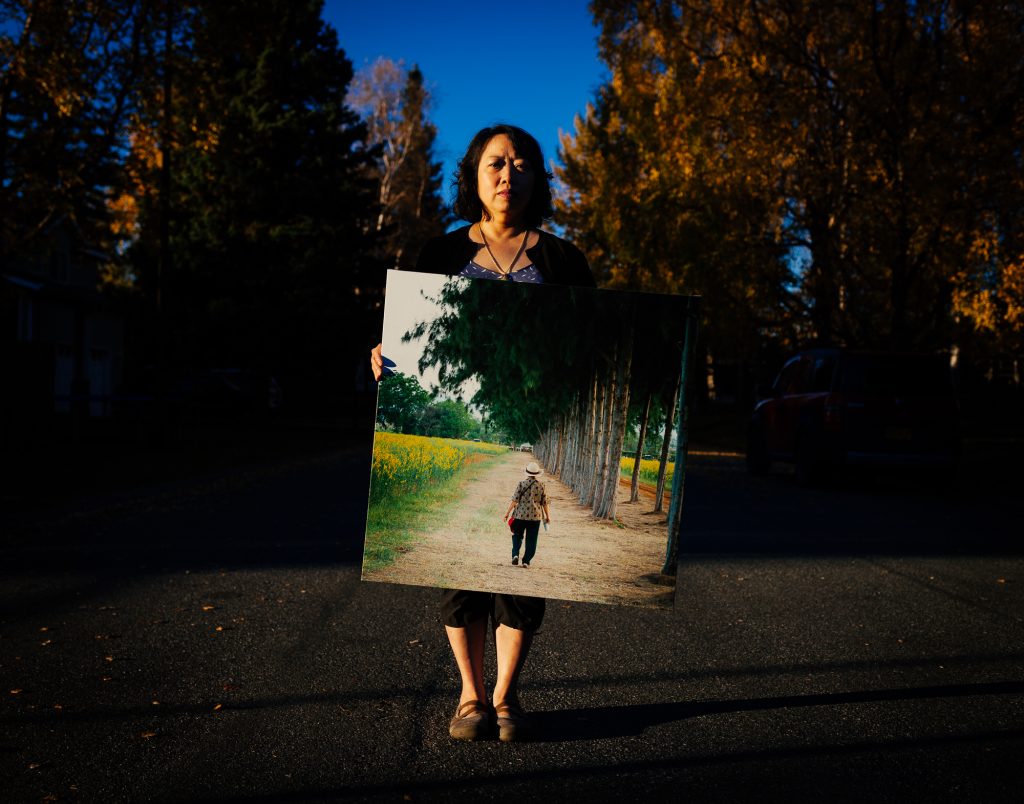
After high school, Chompoo did a bachelor’s degree in accounting, taking classes at night or in the morning. During the day, she would help her parents run the restaurant. When their parents’ health declined, Chompoo and her brothers decided to get out of the restaurant business. Together they created an import/export business.
Growing up, Chompoo never thought about moving to the United States.
“The USA was too far from me. It is the other side of the world. In Thailand, when we were young, we used to joke about drilling tunnels through the globe we would end up in California. I never thought about coming to visit America. I knew Disneyland, Mickey Mouse, and cartoons.” (audio below)
Rob
Chompoo had no idea how much her life was about to change.
Rob moved from California to Alaska in the early 1970s when he was 19. He married, had a family, got divorced, and eventually ended up a content bachelor. One day in 2004, while out shoveling his Anchorage driveway, he got talking to his neighbor, who was from Thailand. She told Rob that she knew someone she would like him to meet. The neighbor passed along Chompoo’s email address. Rob thought it could be fun, talking to someone from a country he knew little about.
When Chompoo found out about Rob, she felt unsure about the whole thing. Her mom and brothers encouraged her, saying, “at least you can practice English.”
On February 5th, 2004, Rob emailed and introduced himself. Chompoo took a while to respond as she wasn’t confident at writing in English. Between using the dictionary and asking her brother for help, she managed to reply. After emailing, Rob sent his picture by mail, and when Chompoo sent him a photo, it was of her whole family. She asked him to guess who in the image was her! They used Yahoo Messenger and Skype – and despite the 15-16 hour time difference, they managed to keep up the communication. Rob would go into work early so he could catch her before his day started.
A lot of Rob’s friends wondered if this Thai woman just wanted to be with him for money or American citizenship. They also doubted that she would ever want to live in Alaska.
“When I went to visit her the first time we had drivers. They have maids. Every morning my clothes were freshly laundered. It was a big step down for her to come live with me!” (audio below)
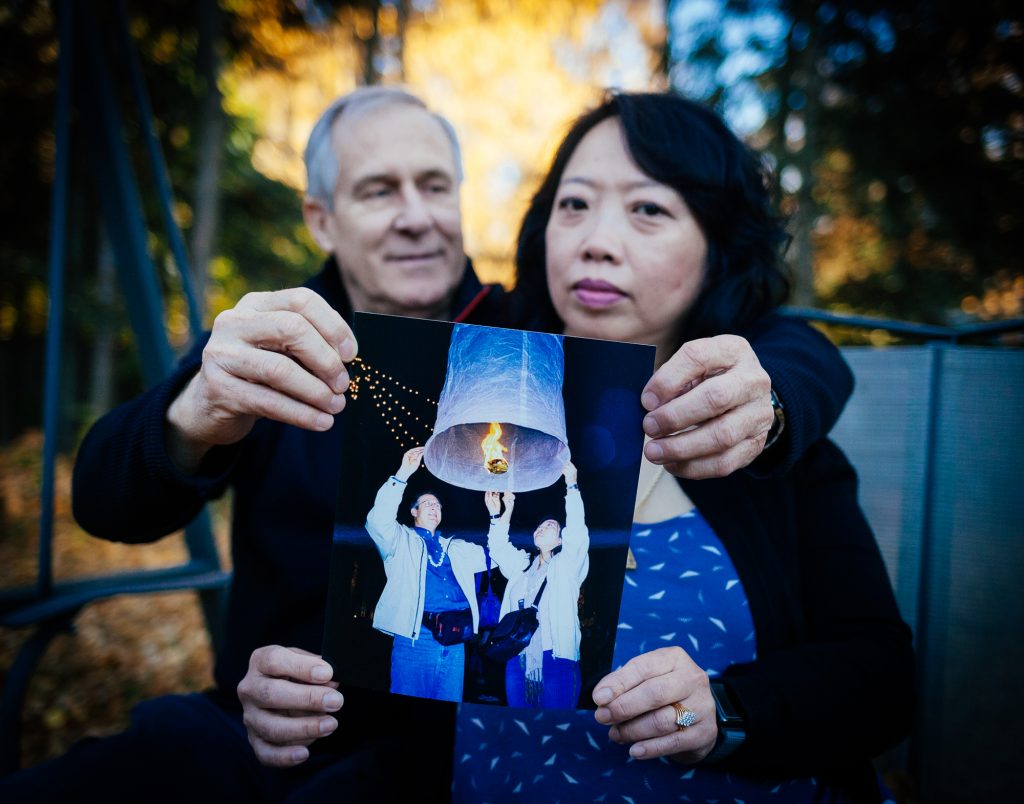
Meeting in Person
Rob decided to visit Chompoo in November of 2004. Chompoo went to the airport with her mom to meet him. He said he would be wearing a blue shirt, and she said she would wear a butterfly blouse. Rob hadn’t traveled a lot before, and going to Thailand for the first time was quite the adventure.
“Thailand has a proud culture and national identity. I was learning left and right, which was exciting. It is truly an amazing place. I have never been around people (including my wife) who try and maintain a big smile in their life. It really helps me to look at life through a different set of glasses. It’s been a good journey for me, and I’m still on it.”
Chompoo had the whole vacation planned and was excited to take him to all the beautiful places you go to “impress the foreigner”. It also happened to be during the Loi Krathong Festival. It didn’t take long until Chompoo’s mother grew to love Rob like a son. The next time he visited, they took a boat ride and Rob asked Chompoo to marry him.
In 2005 Chompoo and her mother traveled to California to visit Rob’s family in Los Gatos, California. They went to Disneyland [see the photo below] and then Alaska – it was April, so it wasn’t that cold.
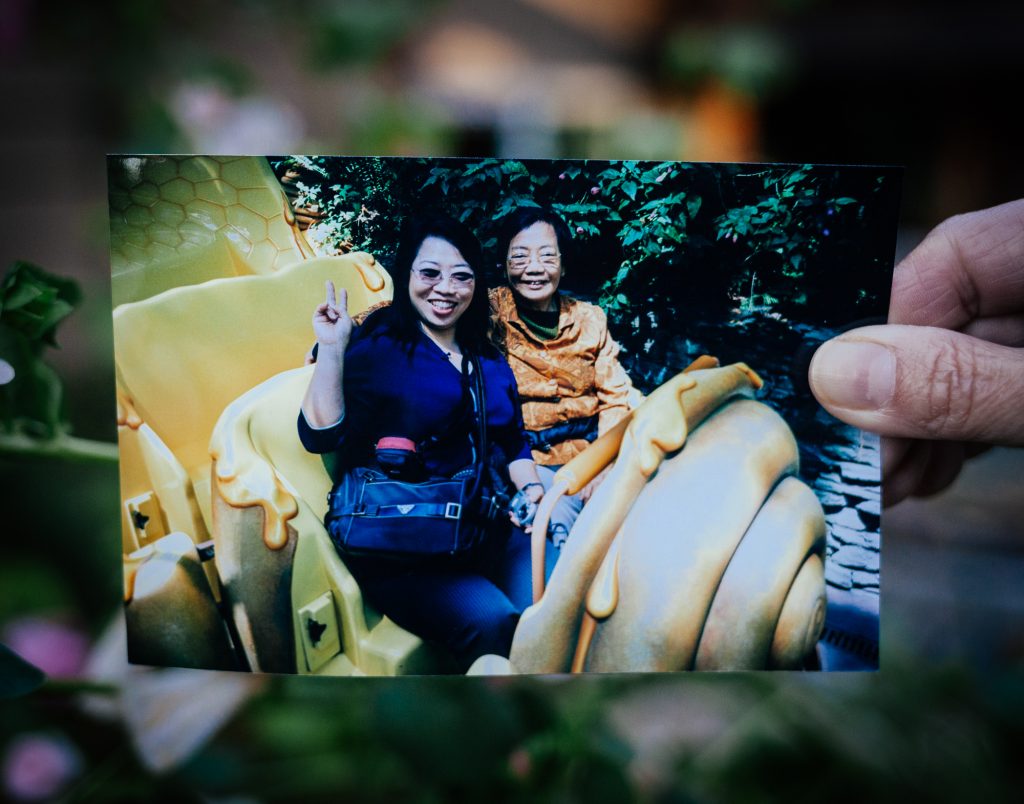
Wedding
Rob started reading about Thai weddings, but he didn’t realize that she was Thai Chinese, so the cultural traditions would be a bit different.
“I was nervous. Not only was I getting married, but I was also getting married in a culture I didn’t know, around a lot of people who didn’t speak my language.”
One of the traditions is that the groom arrives at the house to “claim his wife” [see the above photo on the left]. The children enjoy this as they take strings and put them across the doorway to block the groom from entering. To enter, the groom has to give the children tokens or treats. It’s a time of lots of laughter and giggling. Rob will never forget when he first saw Chompoo sitting there with her mother and how beautiful she looked. (audio below)
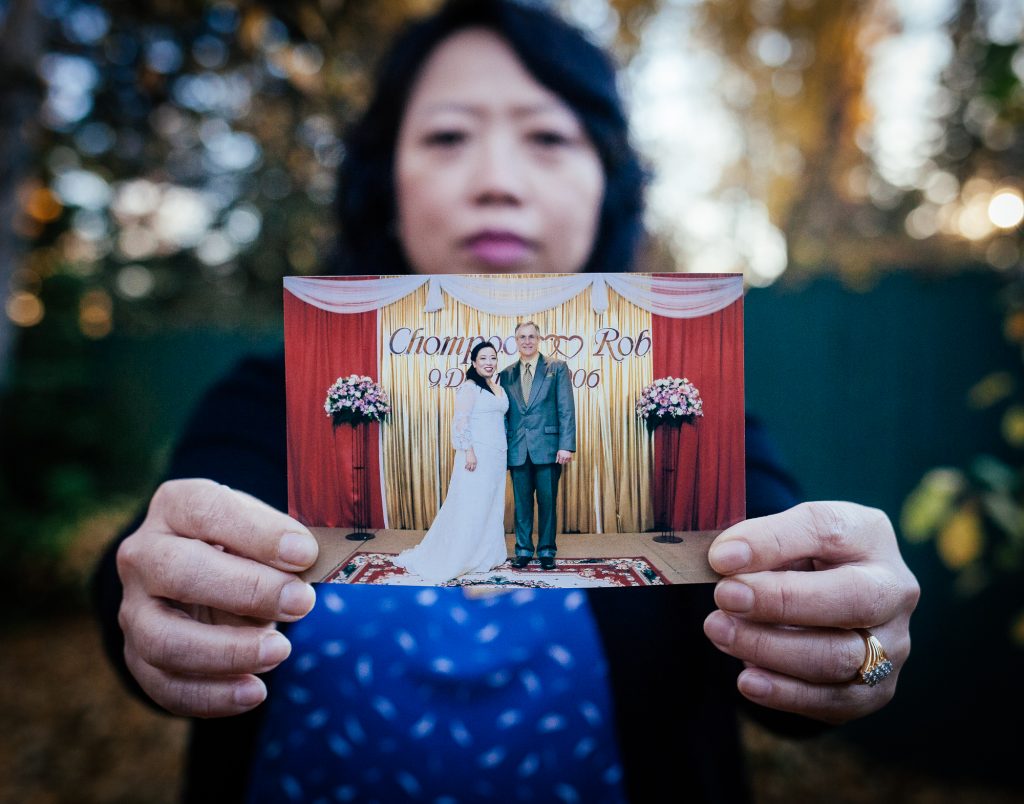
Their wedding was at a hotel on the Chao Phraya River in 2006.
“I was supposed to give money to her mother – ‘for her mother’s milk’ – a dowry. So I was nervous about if I give too little, is it going to be an insult and if I give too much can I afford that? I wanted to make a good impression but not say I’m rich.”
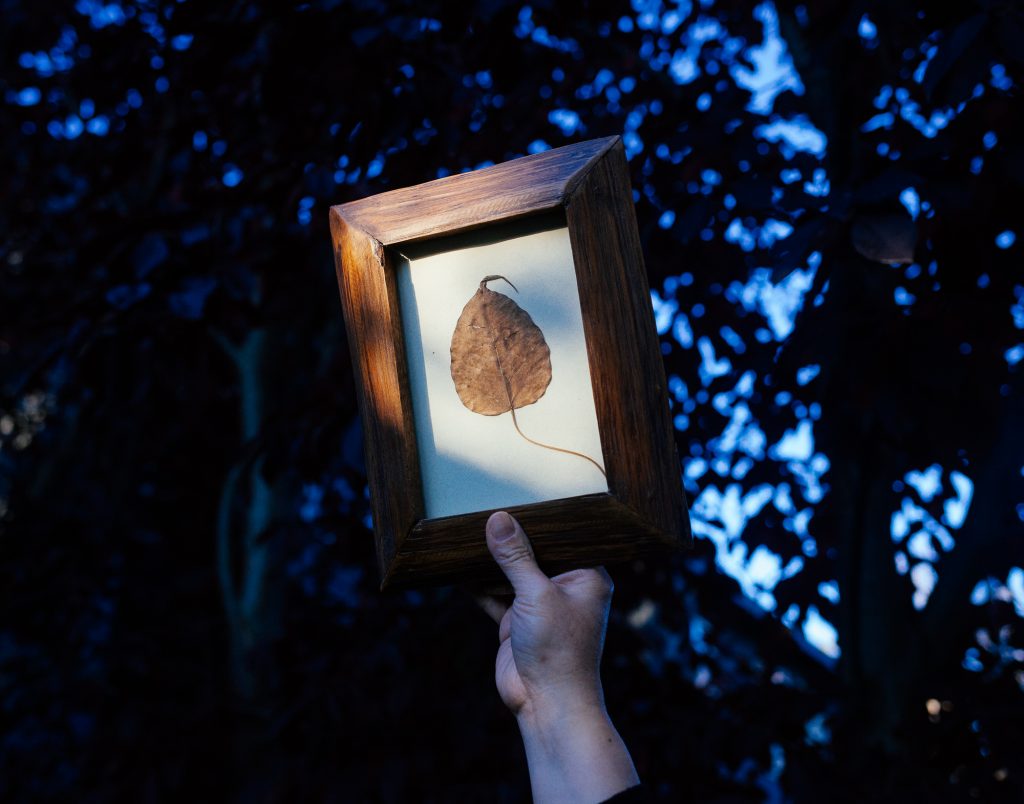
Bodhi Leaf
Rob was raised in the Episcopal church and was even a choir boy and an acolyte. Today he considers himself spiritual and Unitarian. Rob would also say he has become Buddhist in his own way, as he has bought into the enlightened philosophy of Buddha.
At every temple, you will find a bodhi tree that is said to be an offshoot of the original bodhi tree under which Buddha became enlightened. When Rob went to Thailand, they went to a temple and made a special request to take a bodhi leaf back with them to America (usually if you have a bodhi leaf you are supposed to bring it back to the tree). They now have a bodhi leaf in Alaska that they cherish [see the above photo].
After the wedding, as a sort of honeymoon, they went to Seattle so Chompoo could meet Rob’s son.
Alaska
After Seattle, they went to Alaska. She will never forget landing in Alaska and seeing everything covered in snow. It was both exciting, and she also found herself asking, “how am I going to live in this?” She realized that all of the clothes she had packed from Thailand would be useless in Alaska.
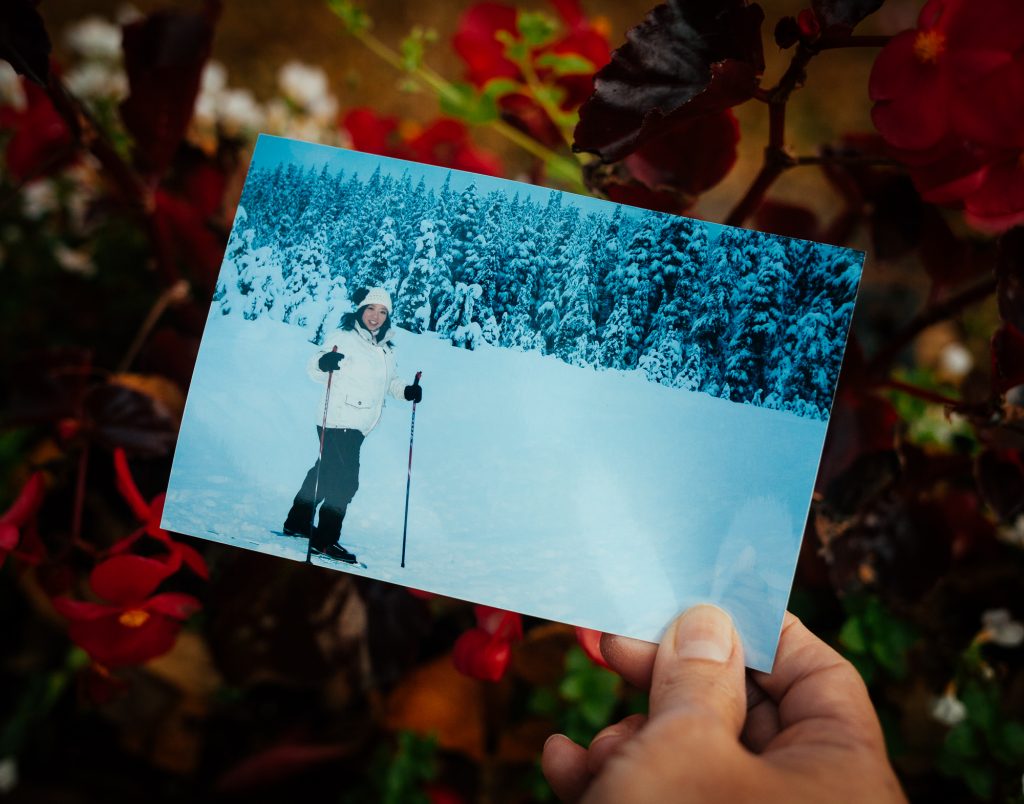
Chompoo arrived on a K-1 fiancée visa, so she spent a lot of time at home, waiting for legal documents. They had delayed the legal marriage for three months, as Rob wanted to make sure Chompoo liked Alaska.
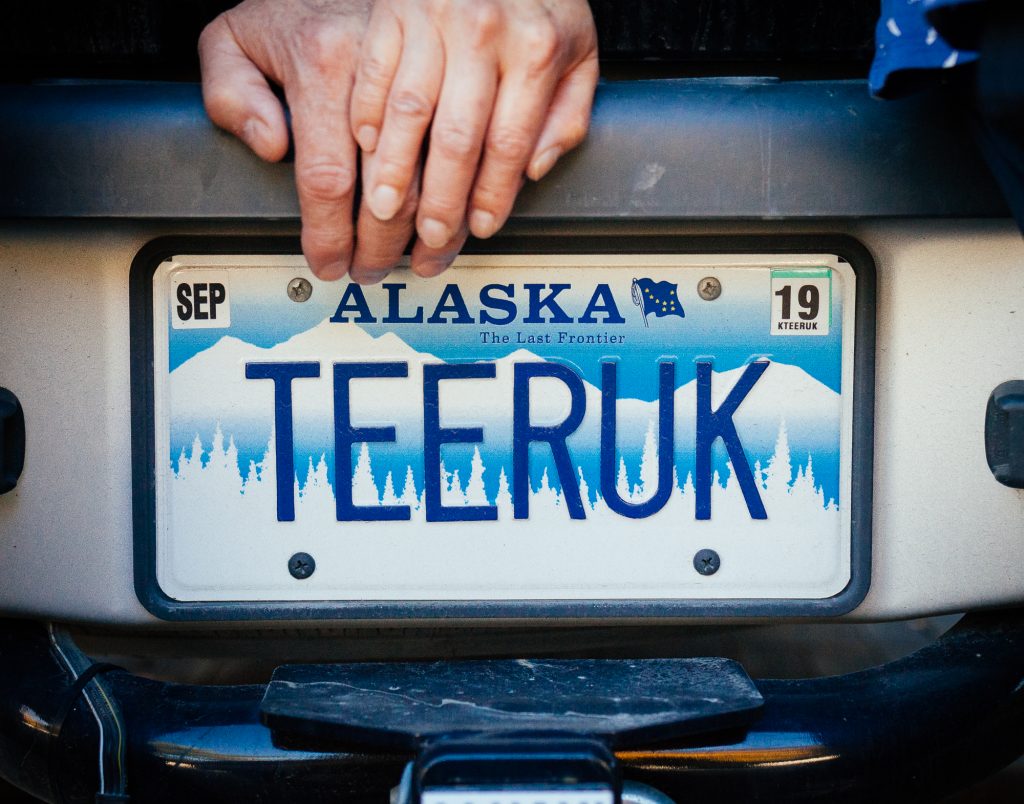
Middle Way Cafe
While Chompoo was waiting for her legal documents to work, she joined a gym. Her usual routine was to walk to the gym and then have lunch at the Middle Way Cafe. She started thinking about how she would like to work there. Chompoo didn’t want to work at a Thai restaurant because she wanted to improve her English so she could communicate better with local people and her husband. She wanted to challenge herself and be outside of her comfort zone. Chompoo applied in 2007 and started as the cook. After that, she managed “front of house”, and then, she became the general manager.
The experience Chompoo gained managing her family’s Thai restaurant, helps her in her current job managing an American restaurant. One area she lacked knowledge in and needed to educate herself about quickly was cheese.
“I didn’t know about American food – cheddar, provolone. In Thailand, we didn’t have avocado. Tomatoes have varieties!? In Thailand, we just had one kind of tomato! Here you have heirloom, roma, hothouse. Different kinds of olives? Oh my god!” (audio below)
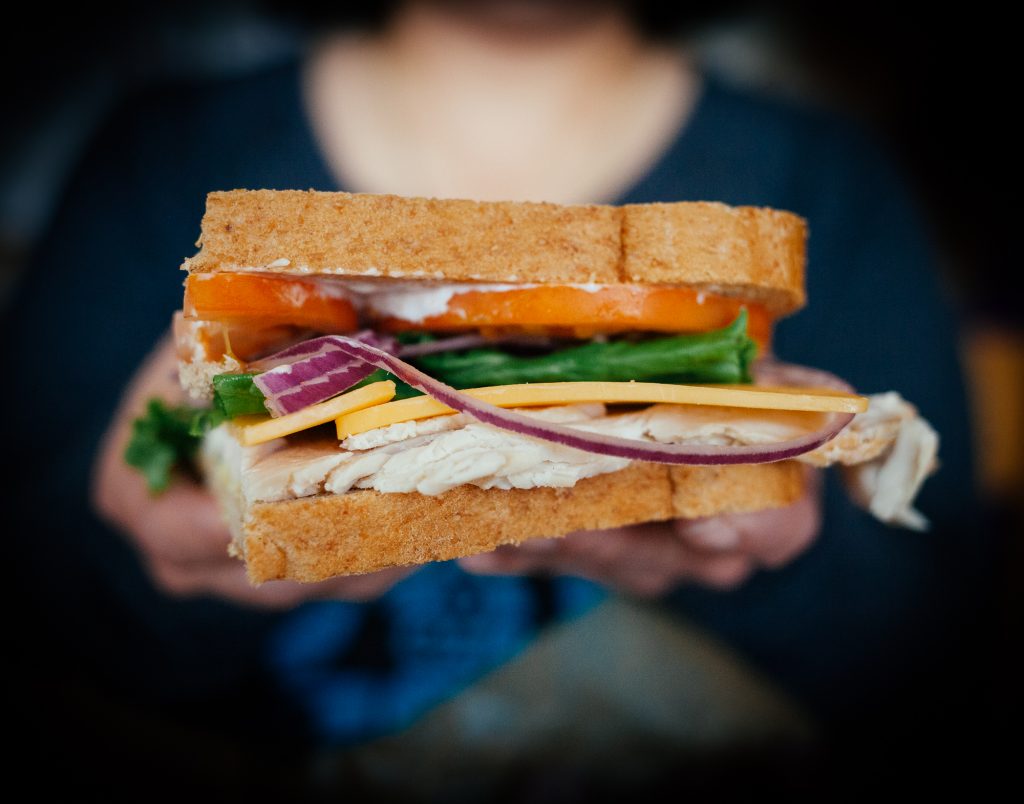
Chompoo likes how anchorage has an Asian market where she can find all the Thai ingredients she needs to cook her mother’s recipes.
“I get tired of sandwiches, so I bring something to warm up for lunch. When we have a party at work, they always ask me to cook pad thai, chicken curry, tom yam, or green papaya salad.”
Temple
The temple Chompoo attends [see the above photos] is a center that brings the Thai community together in Alaska. For a while, she can speak Thai and perform some Buddhist rituals. They have fundraisers biennially that Chompoo volunteers at where everyone gets together for food, karaoke, and Thai dance.
Many of the Thai people who attend the temple are still learning English and need help with legal documents. Rob has been a massive asset to the community – helping if someone wants to open a franchise, bring a family member to the US, or if anyone has tax issues.
“The Thai community here is strong. We help support each other.”
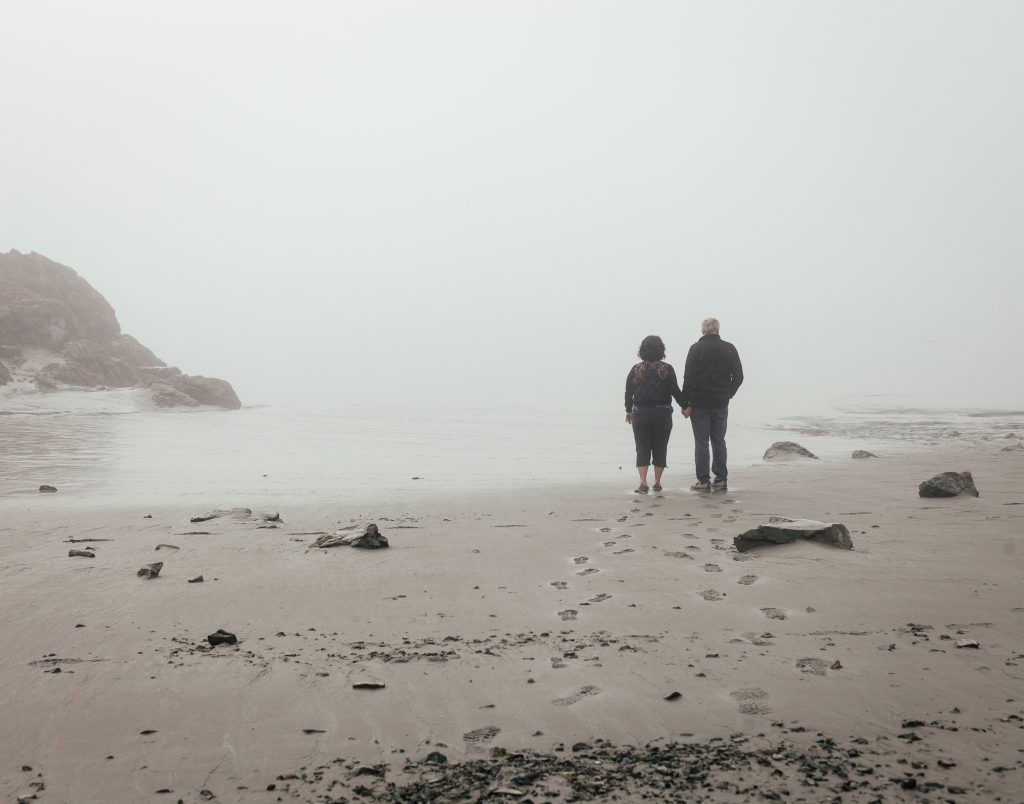
Immigrants & America
Rob says words can’t describe how enriched his life has been by having Chompoo in it – not only his life but the life of so many Americans she has come in contact with since moving there.
He feels incredibly disappointed, saddened, and ashamed of his country, specifically in regards to the current administration, “shutting down immigration and talking nasty about people that are of different origins. It hurts me. I’m from California, and Mexican Americans are an important part of our culture.”
Rob knows first hand how hard immigrants work. He worked picking beans in California as a teenager alongside immigrant farmworkers.
“They are working 18 hour days, and you want to call them lazy. These people are the American protestant work ethic!”
Rob is trying to keep a positive outlook on the future, but it is hard.
“[The 2016 election] uncovered the dirt under the rug – what I thought was a beautiful rug. To find out what is under the rug is racism and prejudice. I try not to let it get me down. Chompoo keeps me cheerful.” (audio below)
Future
In the future, Chompoo dreams of having a house in Thailand. She already has the home next door to her brother picked out.
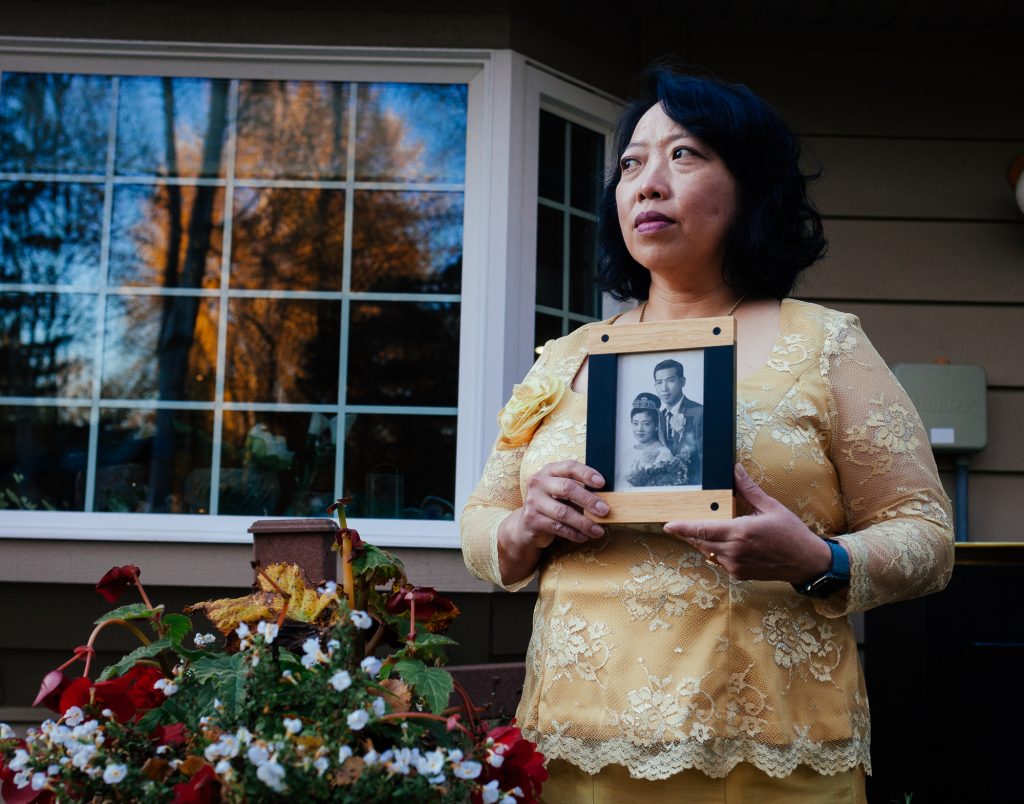
Rob and Chompoo have been going to Thailand every year, something he promised her when they married. Rob knows how important family is in Thai culture, and how Chompoo would never have left her family if it wasn’t for their relationship.
Chompoo would also like to move to a warmer climate than Alaska. Rob has a lot of roots in Alaska, so moving would be hard. If they did move, Chompoo doesn’t know what she would do work-wise – probably open a restaurant.
“Don’t take me the wrong way; Alaska is really beautiful. In the summertime, you have 20 hours to enjoy the day, but during wintertime, you get 20 hours of darkness. It feels sad. I like to see the northern lights but seven or eight months of winter and cold! I don’t want to be old and walking on ice.”
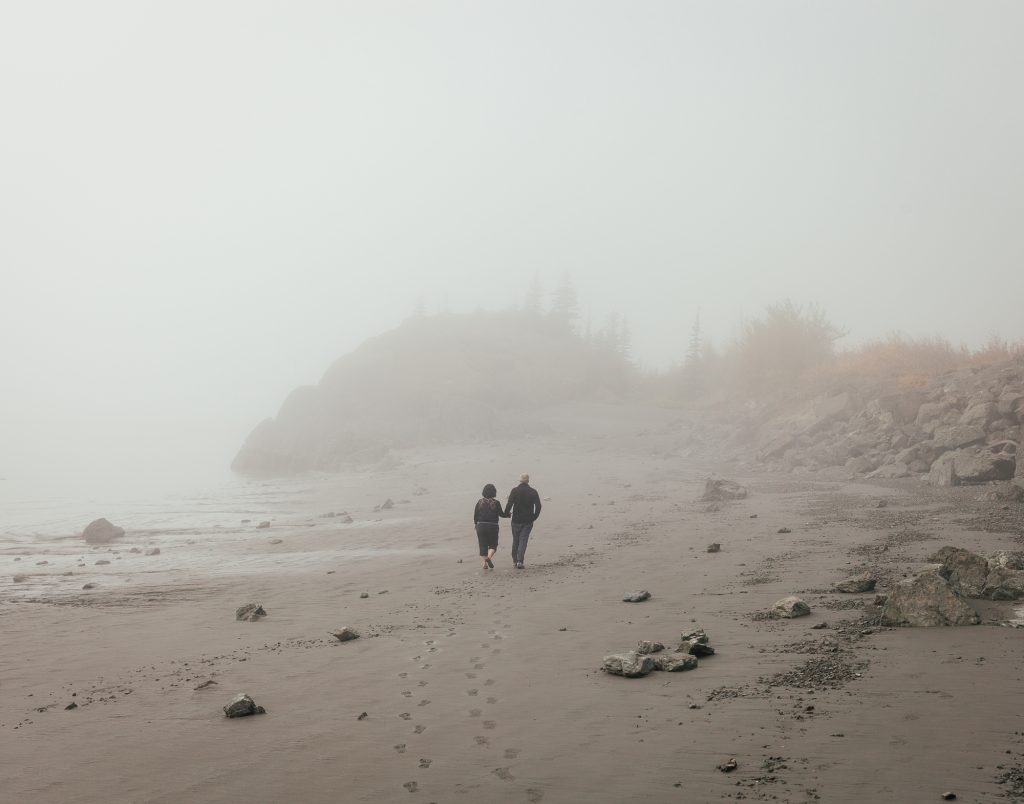
No matter where Rob and Chompoo end up living, they know they will have each other. (audio below)
#FINDINGAMERICAN
To receive updates on the book release and exhibition of “Finding American: Stories of Immigration from all 50 States” please subscribe here. This project is a labor of love and passion. If you would like to support its continuation, it would be greatly appreciated!
© Photos and text by Colin Boyd Shafer | Edited by Kate Kamo McHugh. Quotes are edited for clarity and brevity.









